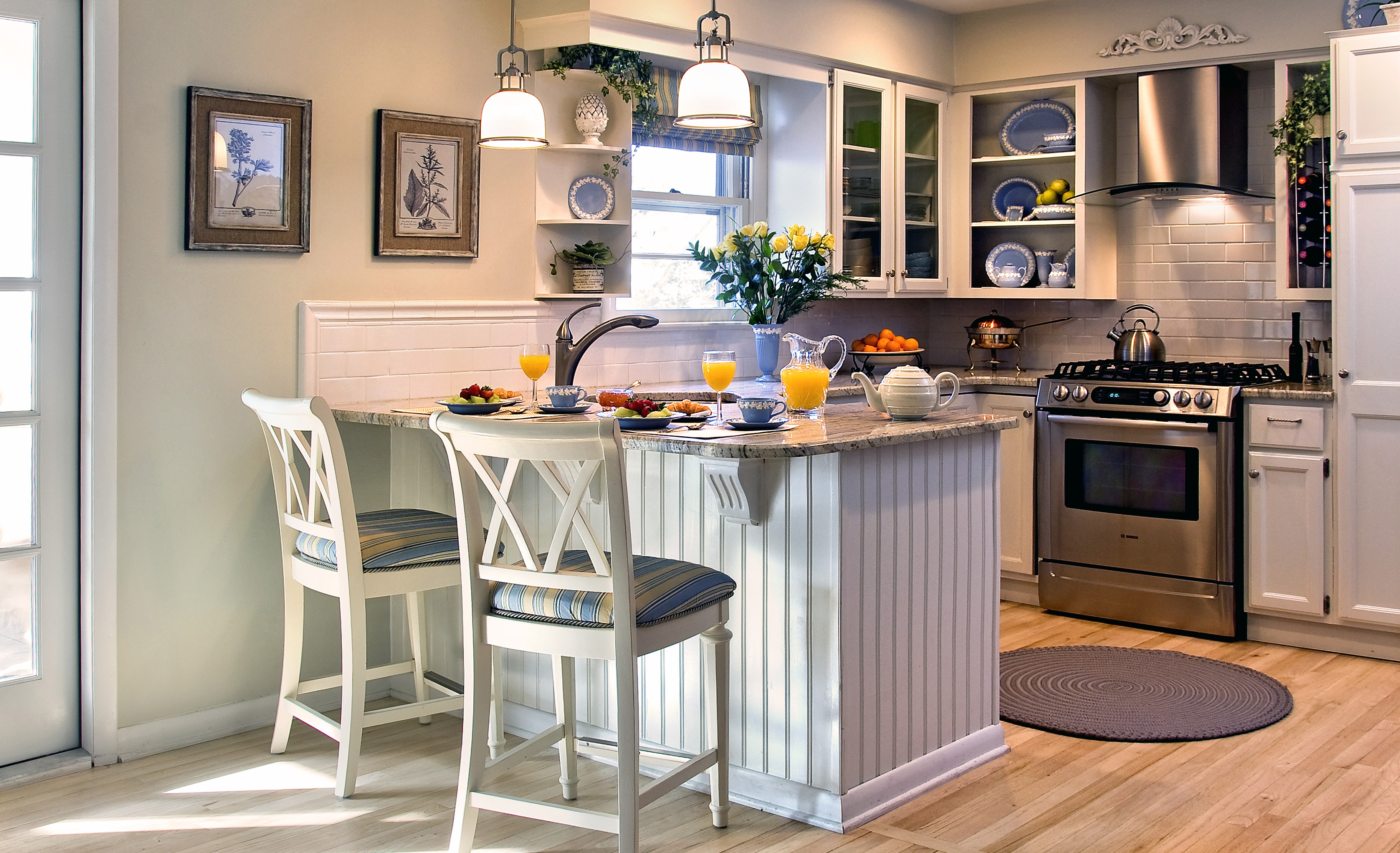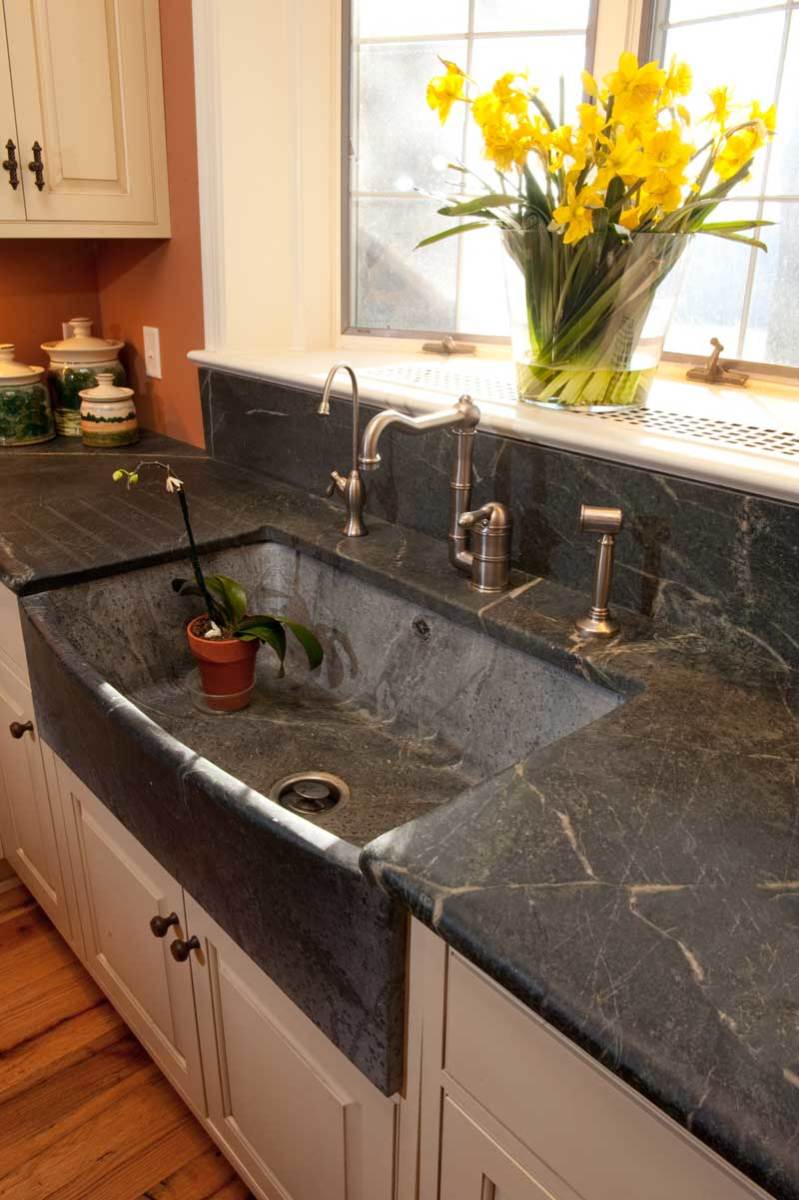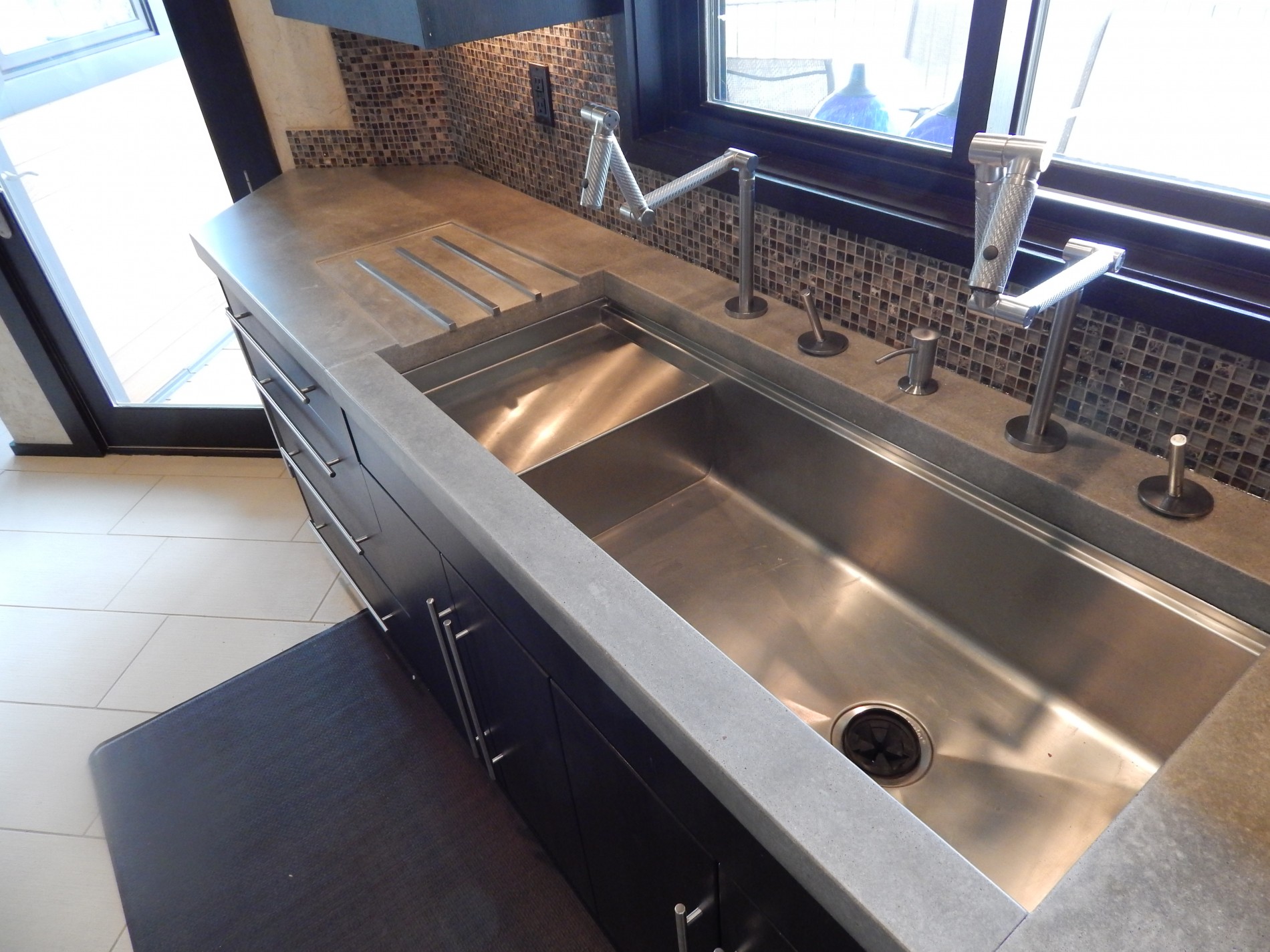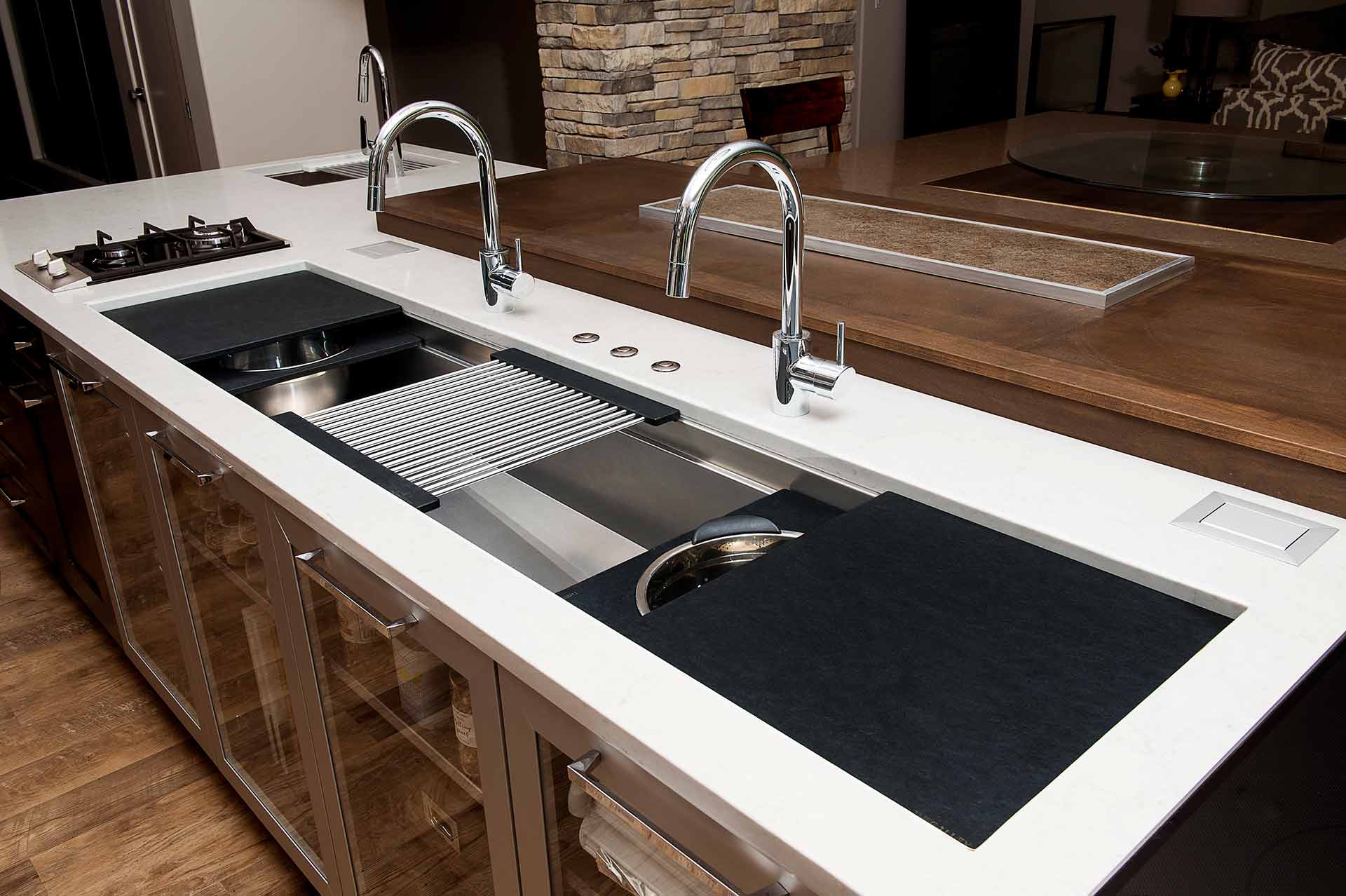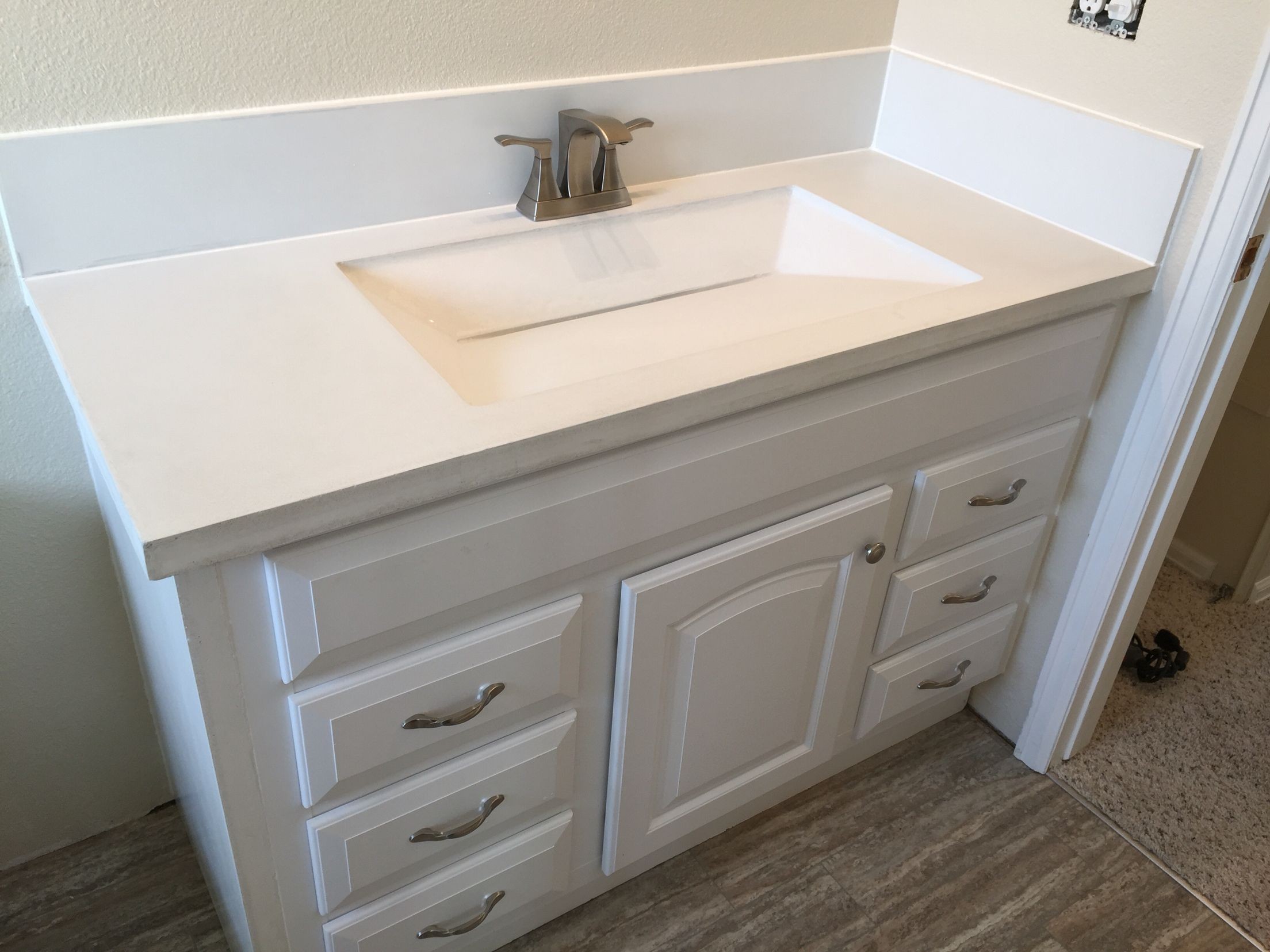When it comes to choosing a kitchen sink, size matters. The standard size for kitchen sinks is typically between 22-33 inches in length and 17-22 inches in width. These dimensions are perfect for most average-sized kitchens and can accommodate a variety of tasks, from washing dishes to preparing food. However, it's important to keep in mind that kitchen sink sizes can vary depending on the type of sink and the material used for the countertop.Standard Kitchen Sink Sizes
The size of your kitchen sink will also depend on the dimensions of your countertop. Most countertops are between 24-25 inches in depth, which is the standard depth for kitchen sinks. However, if you have a smaller or larger countertop, you may need to adjust the size of your sink accordingly. It's important to measure your countertop carefully before choosing a sink to ensure a proper fit.Countertop Dimensions
When choosing the right size for your kitchen sink, there are a few factors to consider. First, think about your daily tasks in the kitchen and how much space you'll need in your sink. If you frequently wash large pots and pans, a bigger sink may be necessary. If you have a smaller kitchen, a smaller sink can help save space. It's also important to consider the size of your family and how much food preparation you typically do.Kitchen Sink Size Guide
One of the most important things to keep in mind when choosing a sink size is the size of your cabinets. Your sink should fit snugly into the cabinet, with enough room for installation. If your cabinets are smaller, you'll need a smaller sink, and vice versa. Additionally, the size of your sink should also be proportionate to the size of your kitchen. A large sink can overwhelm a small kitchen and make it feel cramped, while a small sink in a large kitchen may not be practical.Choosing the Right Sink Size for Your Kitchen
The type of material used for your countertop can also impact the size of your kitchen sink. Some materials, such as granite and quartz, can only support certain sink sizes and may require additional support for larger sinks. Other materials, such as stainless steel and porcelain, are more versatile and can accommodate a variety of sink sizes.Best Countertop Materials for Kitchen Sinks
Measuring for a kitchen sink is a crucial step in the installation process. To get an accurate measurement, start by measuring the inside of your sink cabinet. Then, measure the depth of your countertop. This will give you an idea of what size sink will fit comfortably in your space. It's also important to consider the placement of other fixtures, such as faucets and soap dispensers, to ensure they won't interfere with your sink.How to Measure for a Kitchen Sink
As mentioned, the type of material used for your countertop can impact the size of your sink. For example, if you have a granite countertop, you may need additional support for a larger sink. However, if you have a laminate countertop, you can choose a sink that is slightly larger without worrying about additional support. It's important to research the specific requirements for each material before choosing a sink size.Sink Size Options for Different Countertop Materials
If you have a small kitchen, a small sink may be the best option for maximizing space. Look for single-bowl sinks that can still accommodate larger pots and pans, but won't take up too much counter space. You can also consider undermount sinks, which are installed below the countertop, creating a sleek and spacious look.Maximizing Space with Small Kitchen Sinks
For those with larger kitchens and countertops, a larger sink can be a great option. Double-bowl sinks offer more space for washing dishes and preparing food simultaneously. You can also consider farmhouse or apron sinks, which are larger and deeper, and can add a touch of style to your kitchen.Large Kitchen Sink Options for Spacious Countertops
If you have a unique or custom kitchen countertop, you may need a custom sink size as well. This is especially important for materials like concrete or marble, which can't support the weight of a traditional sink. In these cases, it's best to consult with a professional to ensure the proper size and support for your sink.Custom Sink Sizes for Unique Kitchen Countertops
The Importance of Sink Size for Your Kitchen Countertops
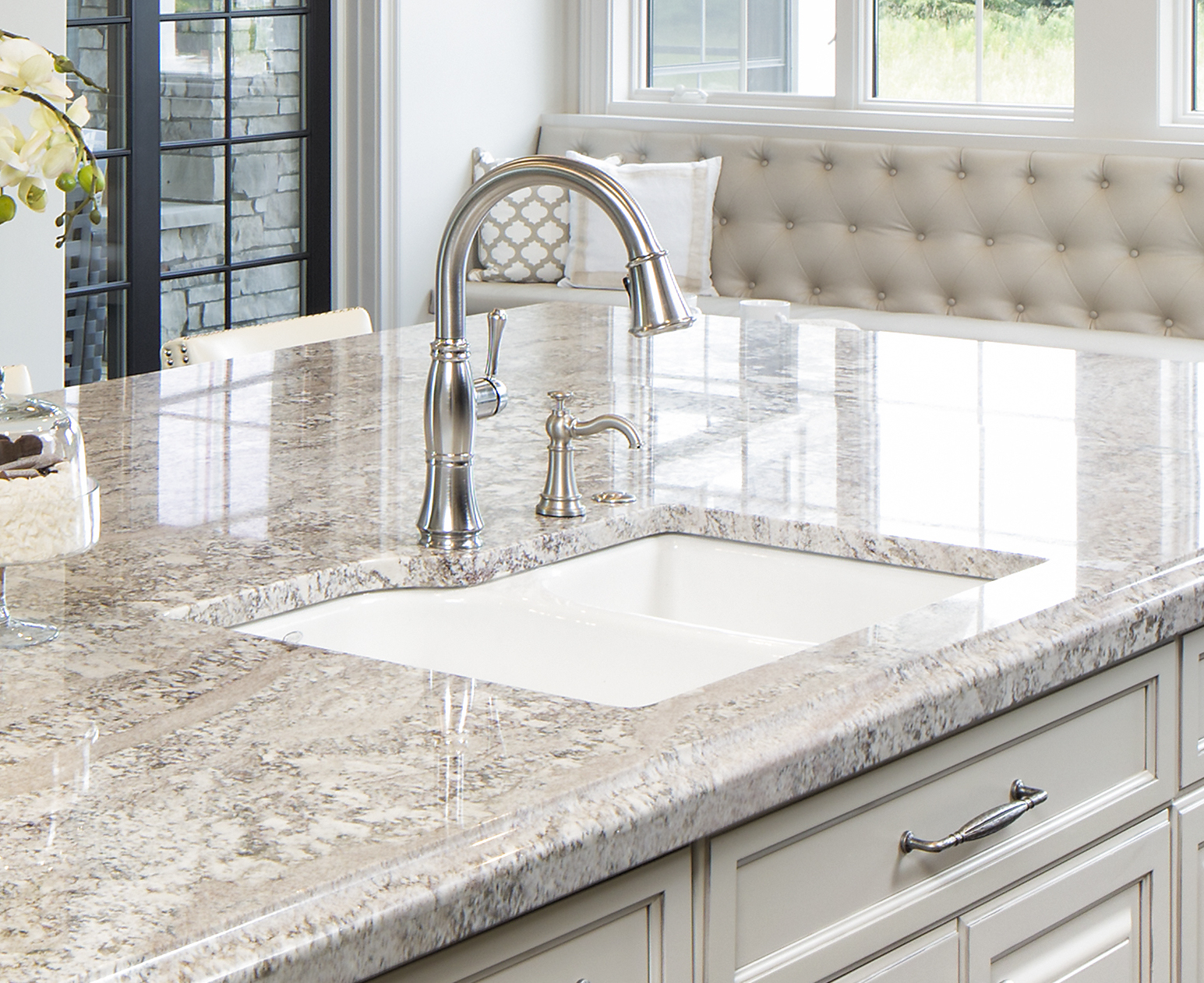
Choosing the Right Sink for Your Kitchen
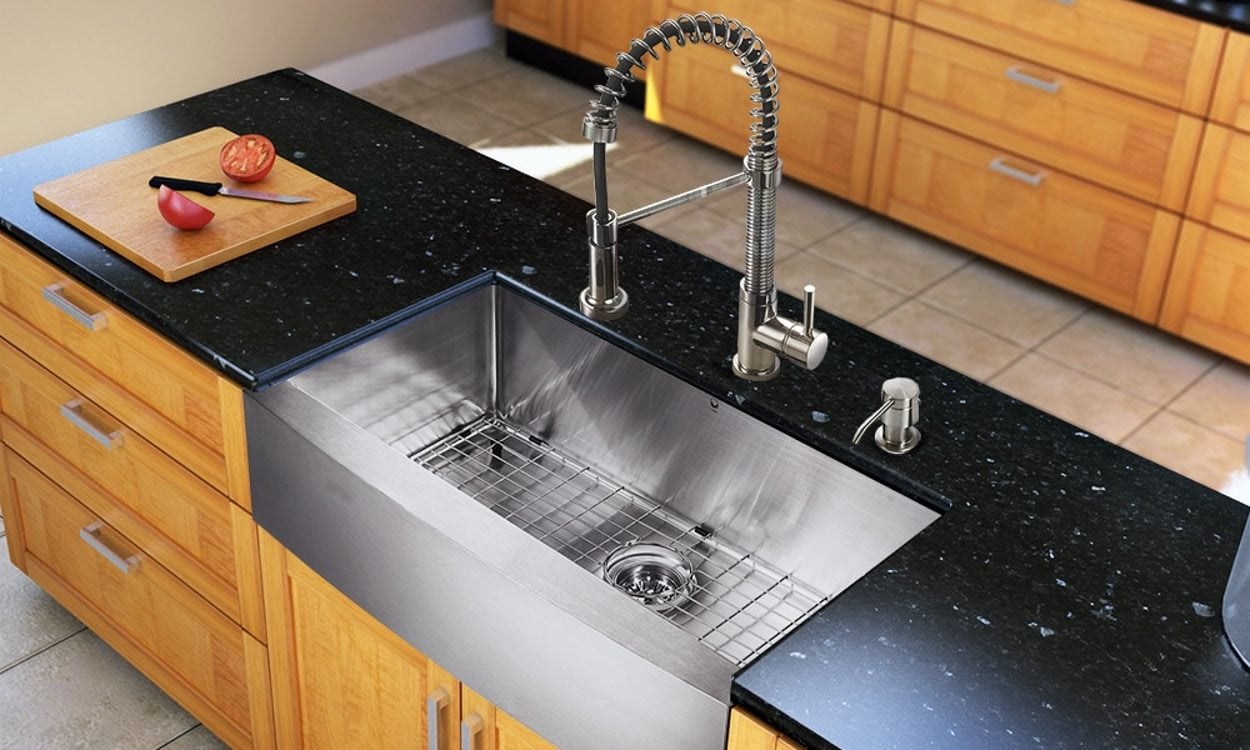 When it comes to designing your dream kitchen, every detail matters. From the color of the walls to the style of cabinets, you want everything to be just right. And one often overlooked aspect of kitchen design is the size of your sink.
Sinks are an essential component of any kitchen, not only for their functionality but also for their aesthetic appeal.
Your sink is where you do dishes, prep food, and even wash your hands, so it's important to choose the right size for your needs.
When it comes to designing your dream kitchen, every detail matters. From the color of the walls to the style of cabinets, you want everything to be just right. And one often overlooked aspect of kitchen design is the size of your sink.
Sinks are an essential component of any kitchen, not only for their functionality but also for their aesthetic appeal.
Your sink is where you do dishes, prep food, and even wash your hands, so it's important to choose the right size for your needs.
The Perfect Fit for Your Countertops
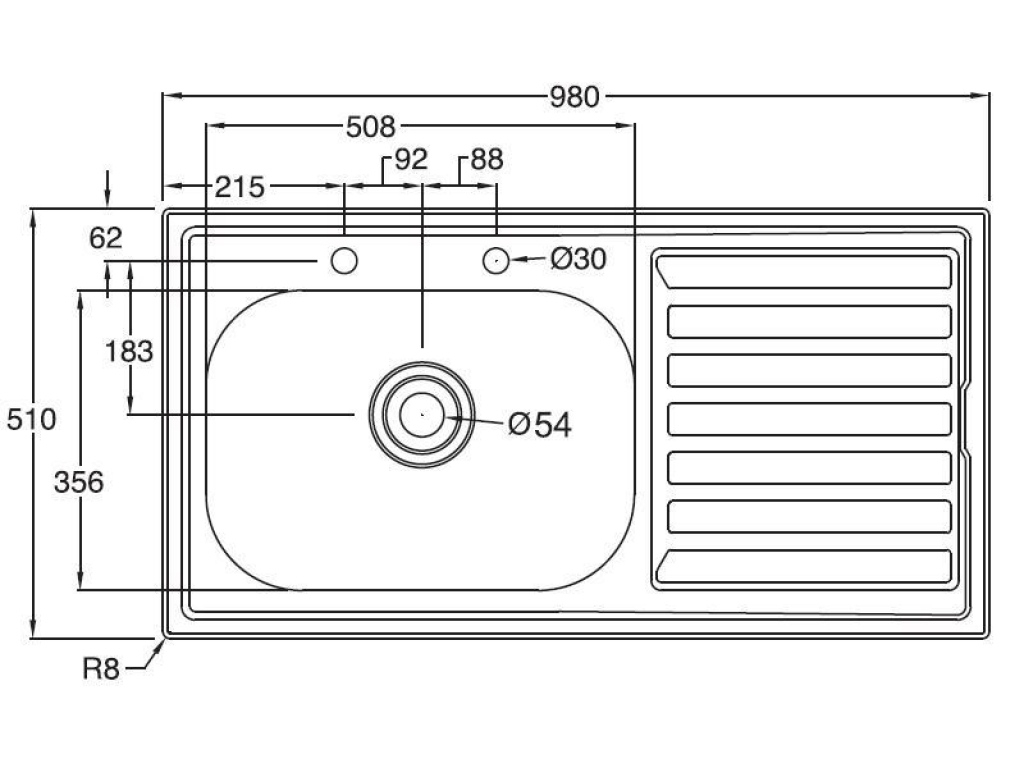 The size of your sink should be determined by the size of your countertops.
You want your sink to complement your countertops, not overpower them. If you have a large kitchen with spacious countertops, a big, deep sink may be the perfect fit. However, if you have a smaller kitchen with limited counter space, a smaller sink may be more practical. It's essential to consider not only the size of your kitchen but also your specific needs and preferences.
The size of your sink should be determined by the size of your countertops.
You want your sink to complement your countertops, not overpower them. If you have a large kitchen with spacious countertops, a big, deep sink may be the perfect fit. However, if you have a smaller kitchen with limited counter space, a smaller sink may be more practical. It's essential to consider not only the size of your kitchen but also your specific needs and preferences.
Functionality and Convenience
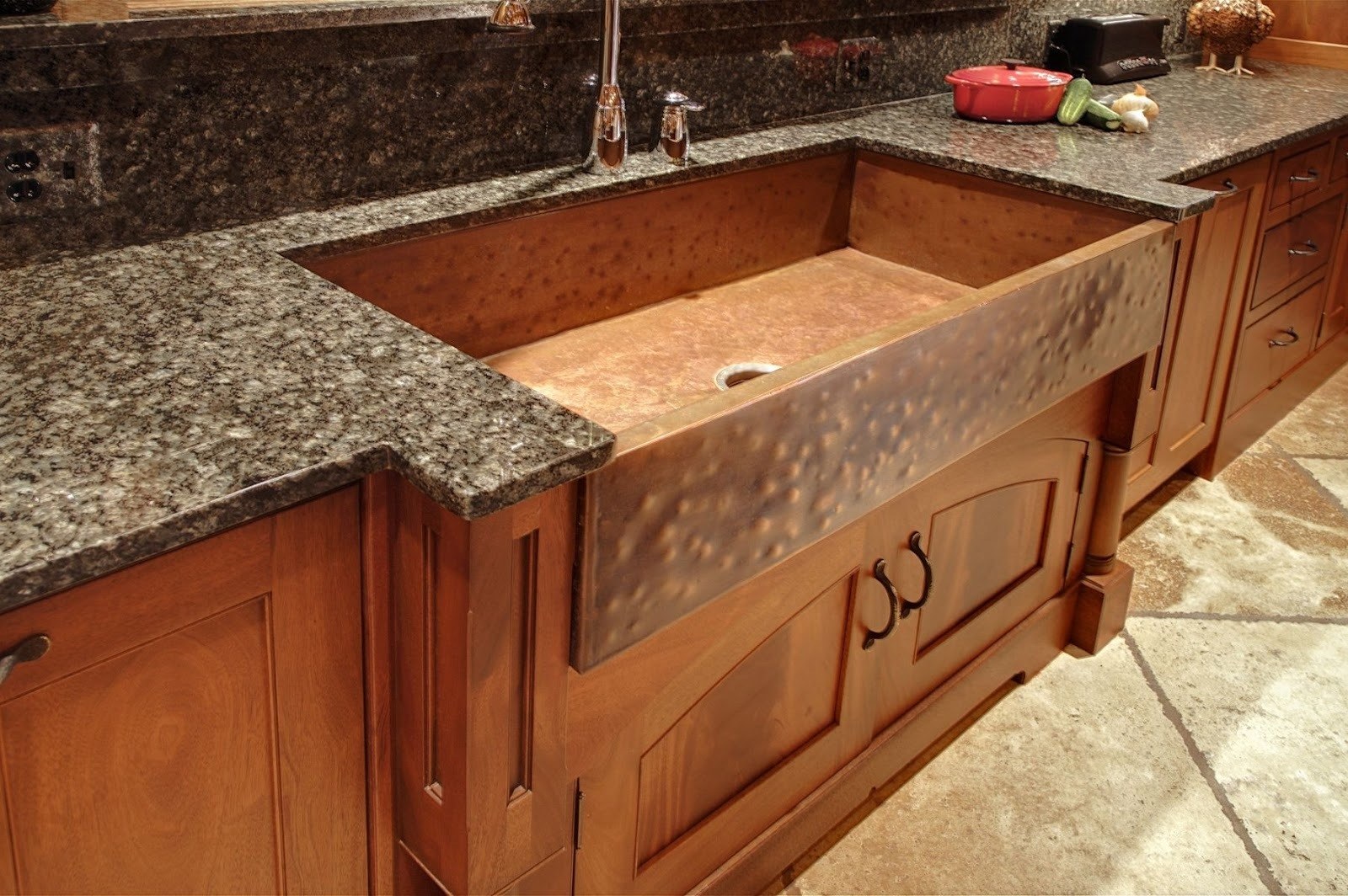 In addition to aesthetics, the size of your sink can greatly impact the functionality and convenience of your kitchen.
A larger sink allows for more room to wash and rinse dishes, making cleanup a breeze.
It's also more convenient for larger pots and pans that may not fit in a smaller sink. On the other hand, a smaller sink may be more practical for a busy kitchen, as it frees up more counter space for food prep.
In addition to aesthetics, the size of your sink can greatly impact the functionality and convenience of your kitchen.
A larger sink allows for more room to wash and rinse dishes, making cleanup a breeze.
It's also more convenient for larger pots and pans that may not fit in a smaller sink. On the other hand, a smaller sink may be more practical for a busy kitchen, as it frees up more counter space for food prep.
Maximizing Space and Efficiency
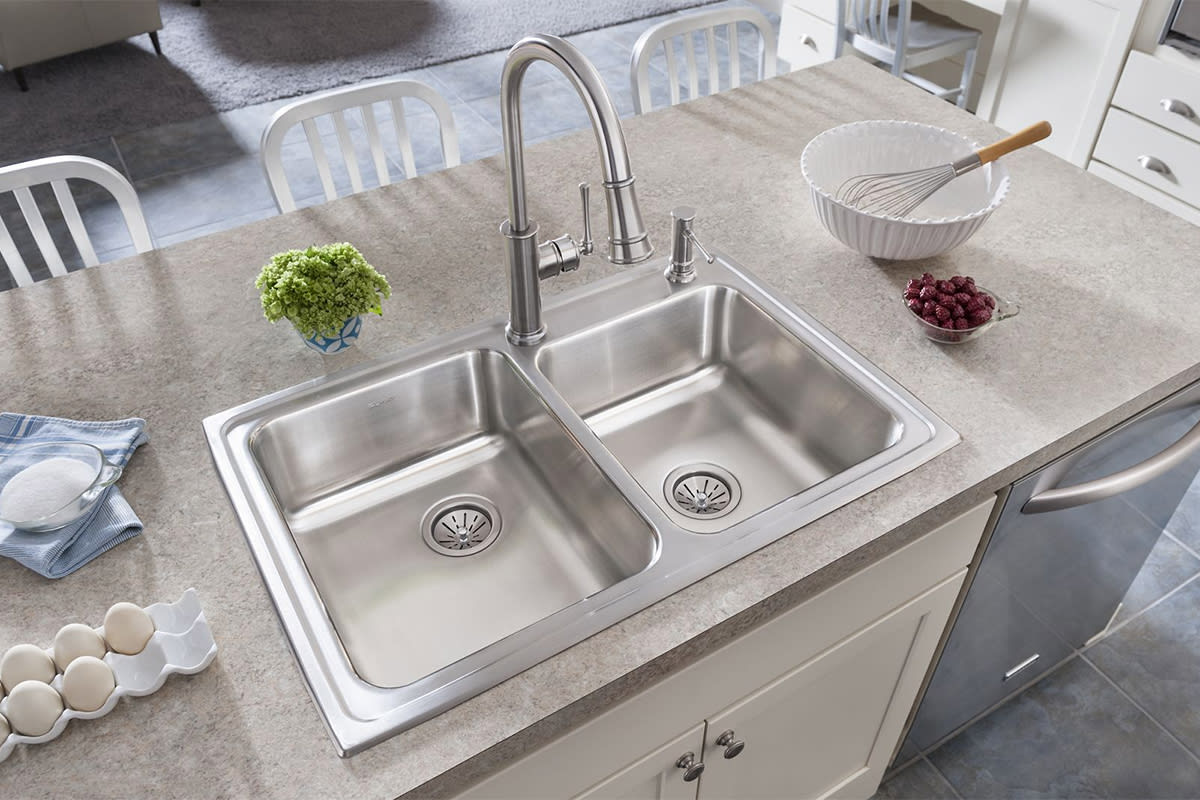 Choosing the right sink size can also help maximize space and efficiency in your kitchen.
If you have a small kitchen, opting for a smaller sink can free up valuable counter space for other tasks. Additionally, a smaller sink may be more energy-efficient, as it requires less water to fill and clean. If you have a larger kitchen, a bigger sink may be more suitable, as it can accommodate multiple tasks at once, such as washing dishes while rinsing produce.
Choosing the right sink size can also help maximize space and efficiency in your kitchen.
If you have a small kitchen, opting for a smaller sink can free up valuable counter space for other tasks. Additionally, a smaller sink may be more energy-efficient, as it requires less water to fill and clean. If you have a larger kitchen, a bigger sink may be more suitable, as it can accommodate multiple tasks at once, such as washing dishes while rinsing produce.
In Conclusion
 In conclusion,
the size of your sink is an essential consideration when designing your kitchen.
It not only affects the overall look and feel of your space but also plays a significant role in functionality and efficiency. Be sure to carefully consider your kitchen's size, your specific needs, and your personal preferences when choosing the perfect sink size for your countertops. With the right sink, your kitchen will not only look great but also be a joy to use.
In conclusion,
the size of your sink is an essential consideration when designing your kitchen.
It not only affects the overall look and feel of your space but also plays a significant role in functionality and efficiency. Be sure to carefully consider your kitchen's size, your specific needs, and your personal preferences when choosing the perfect sink size for your countertops. With the right sink, your kitchen will not only look great but also be a joy to use.
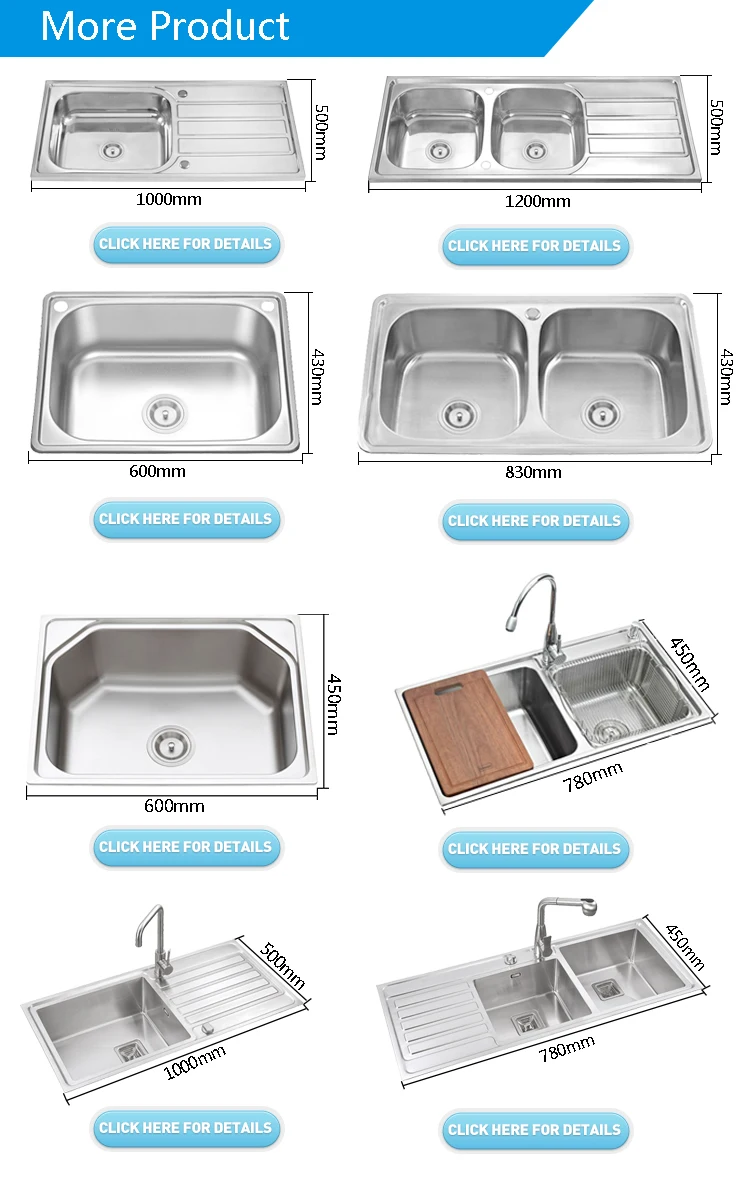


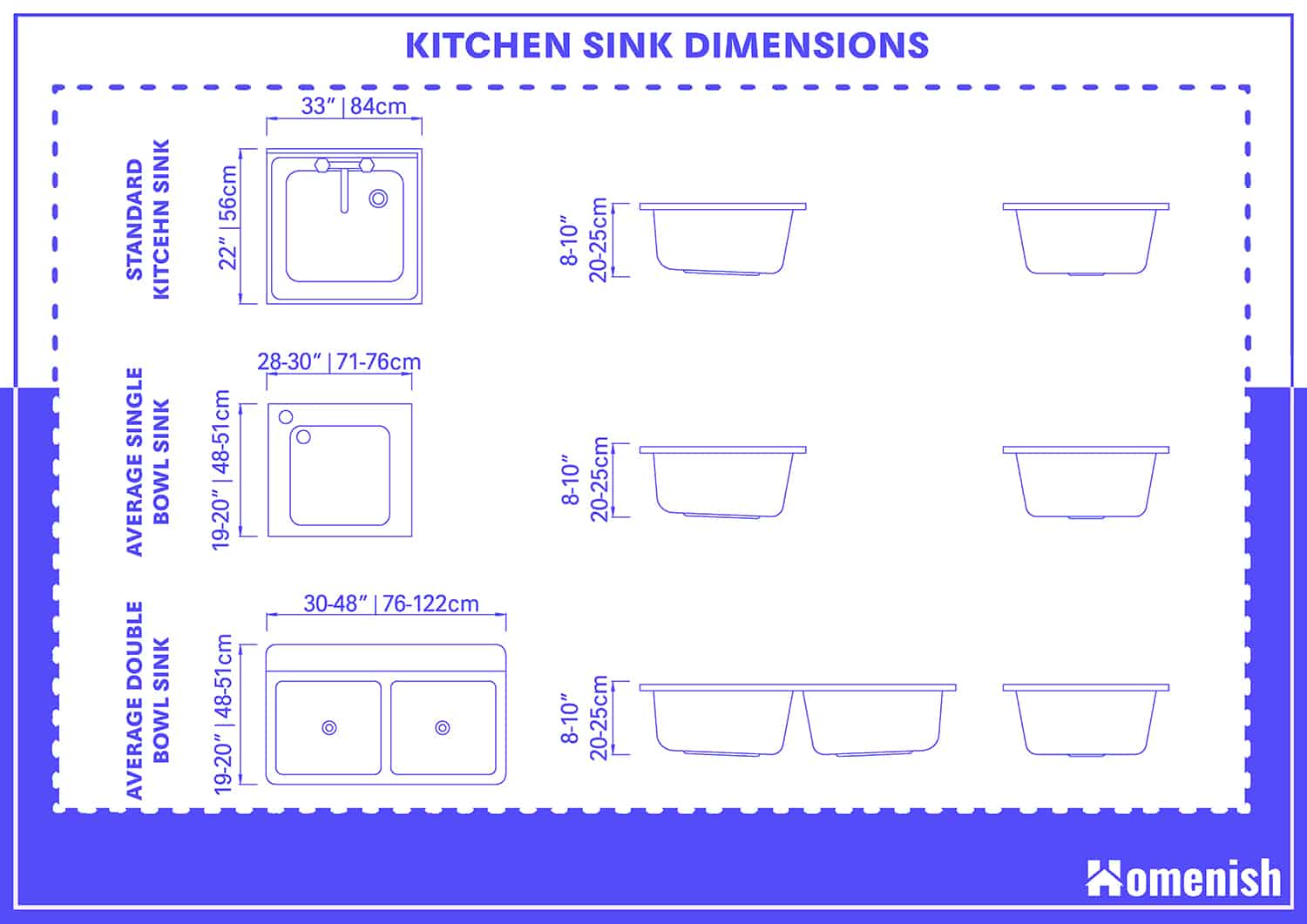

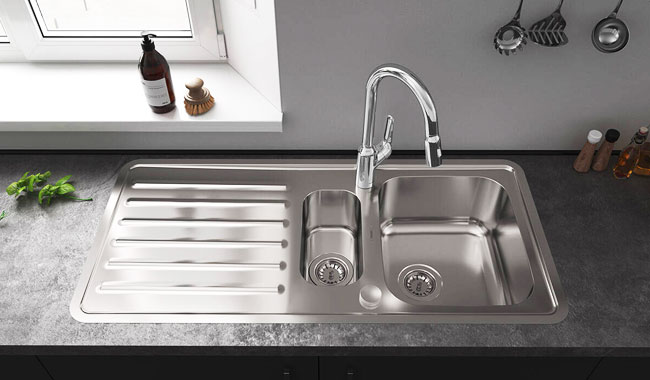
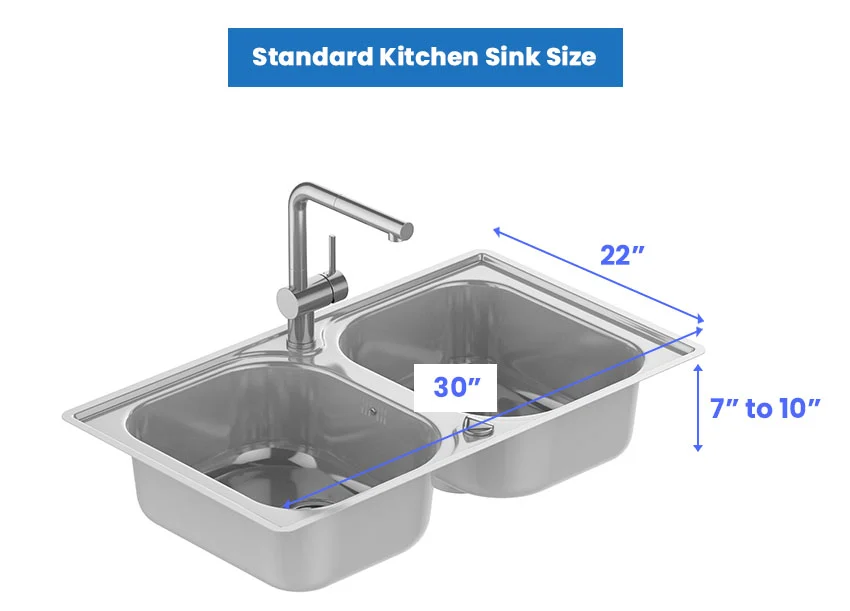


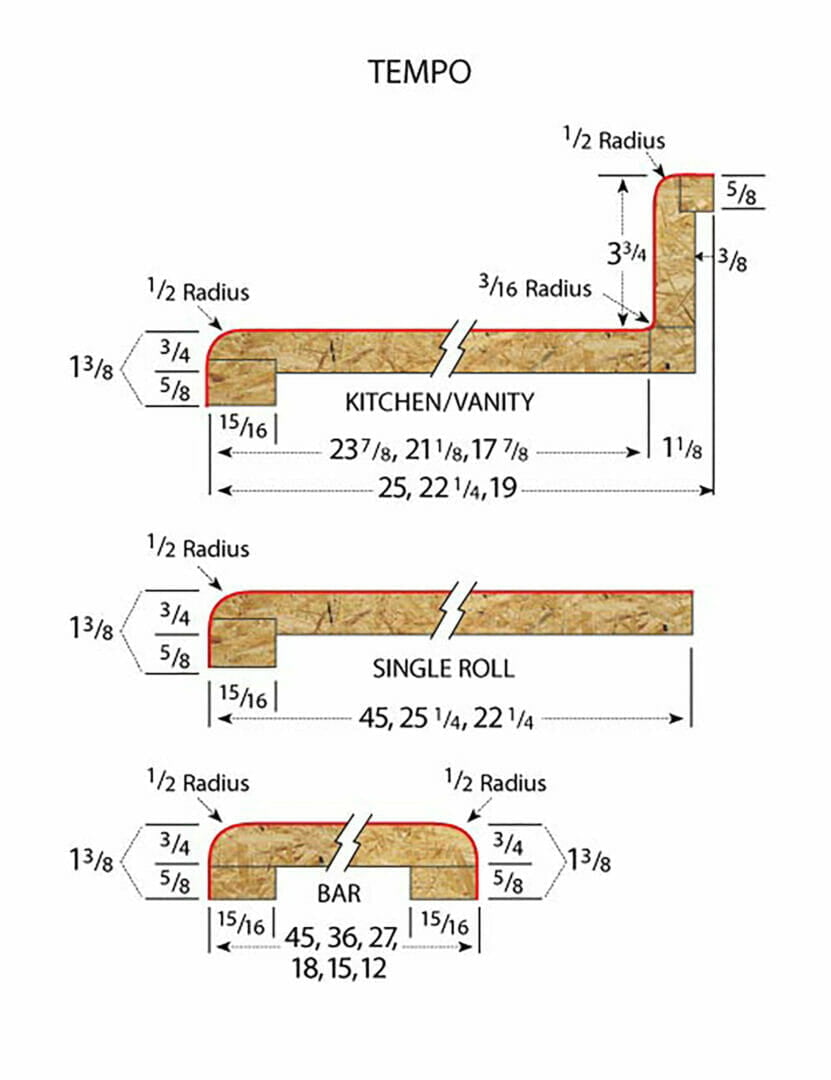


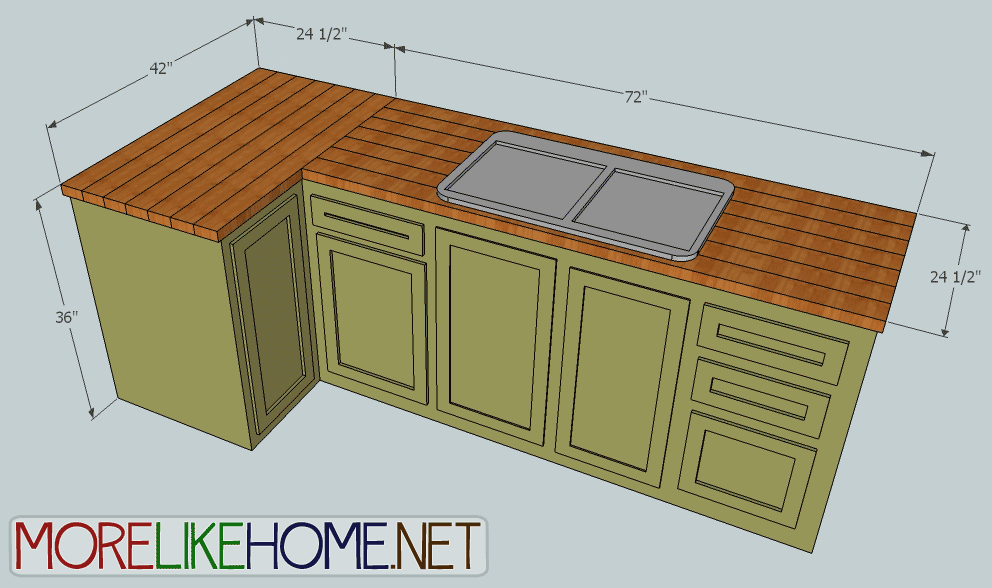
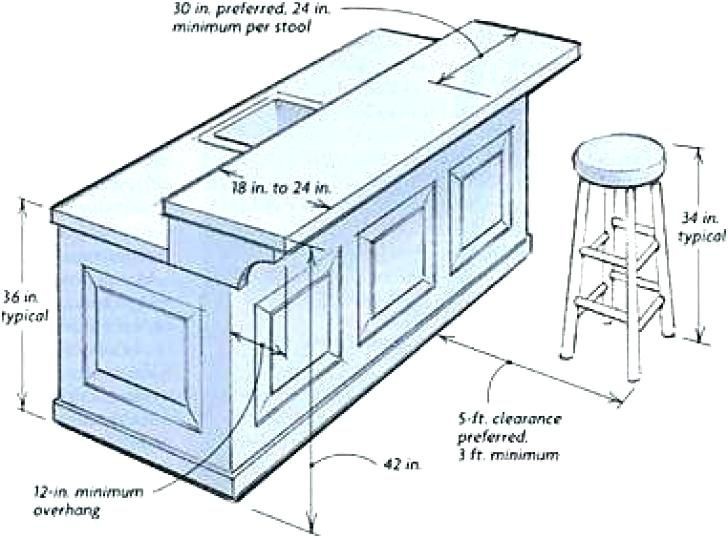
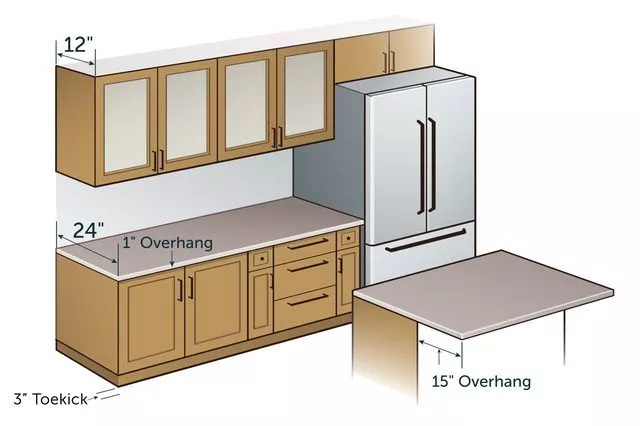
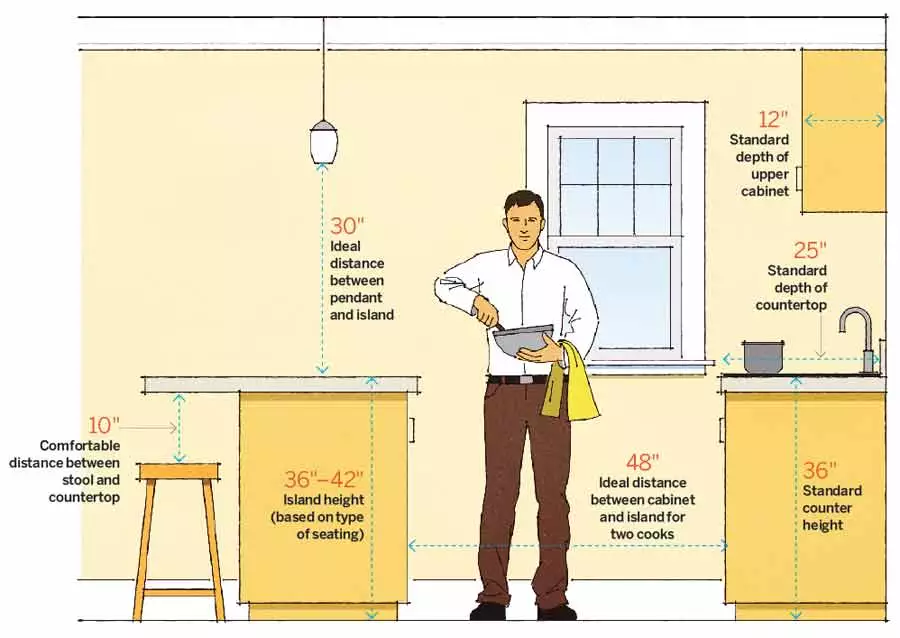


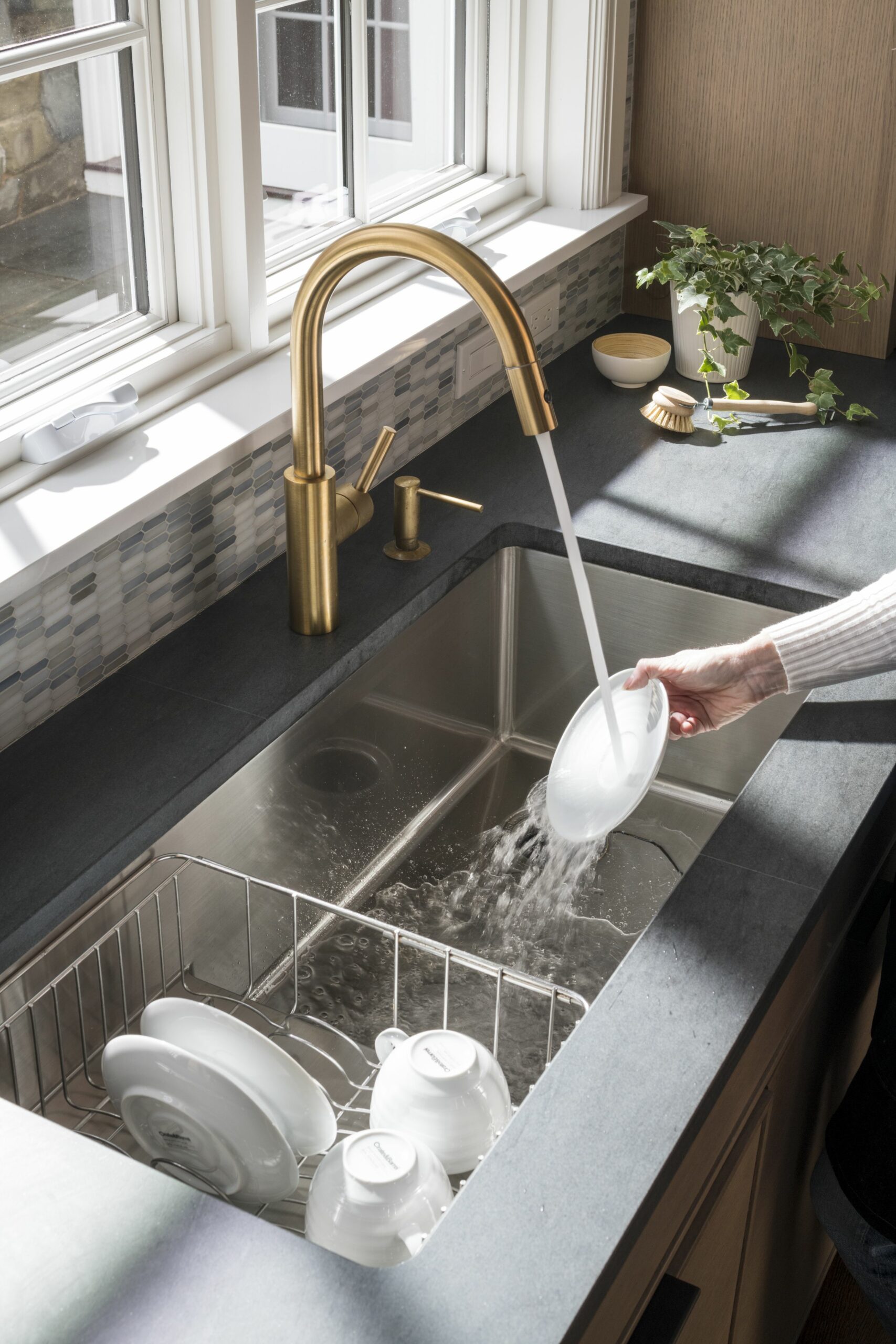


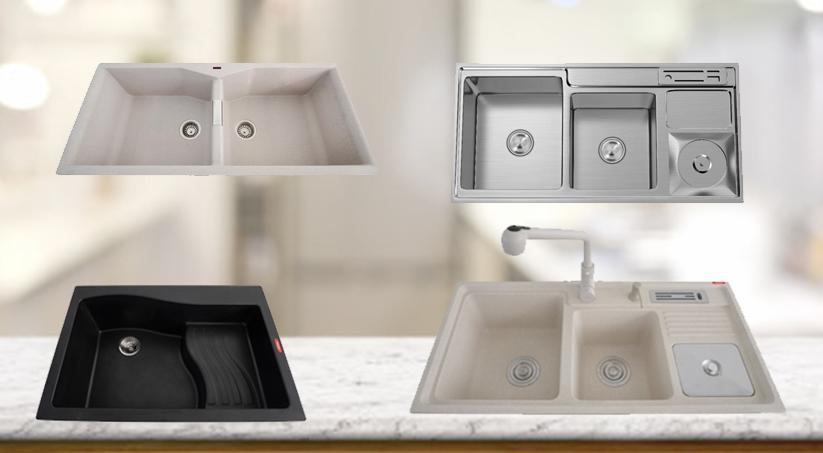


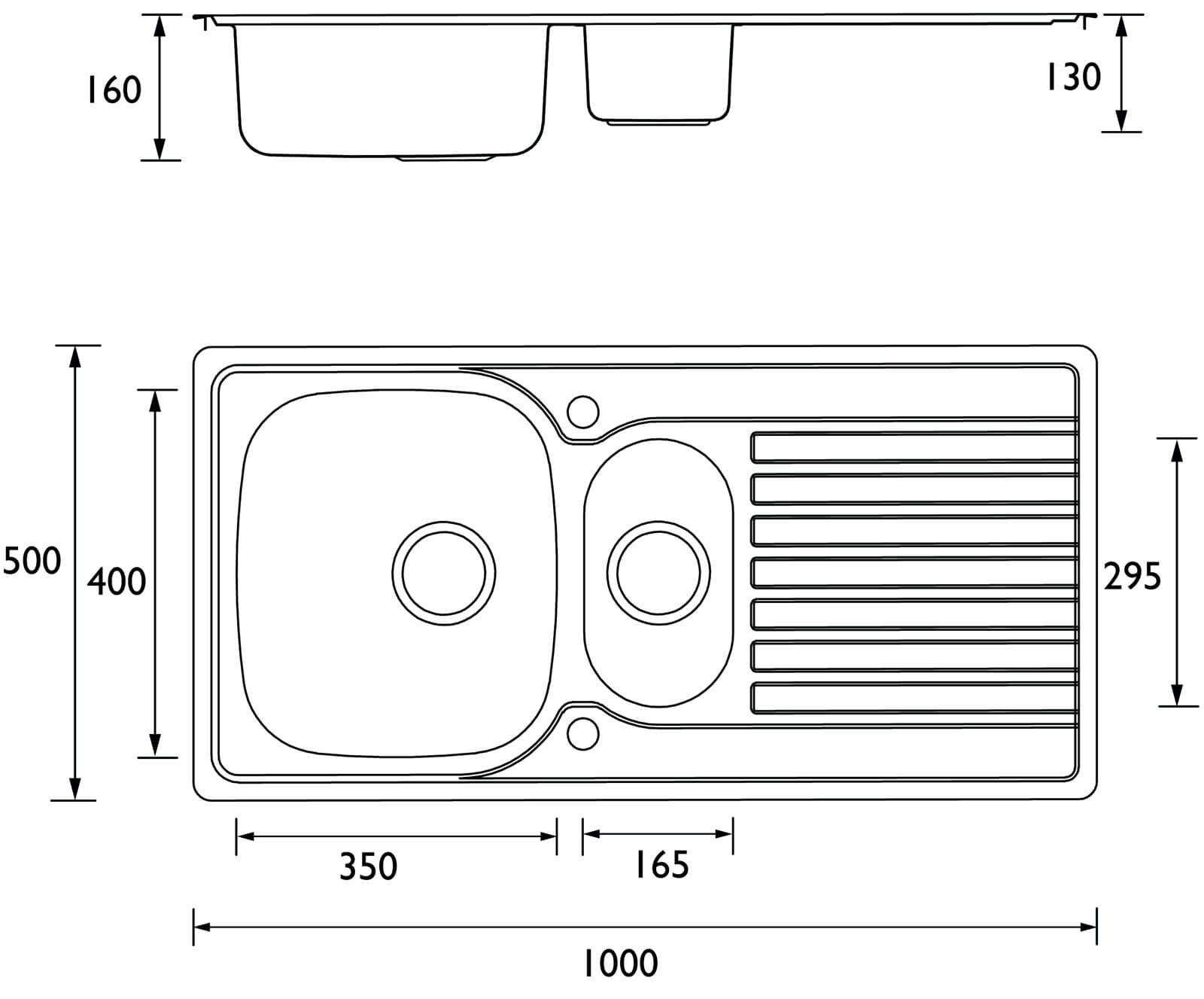
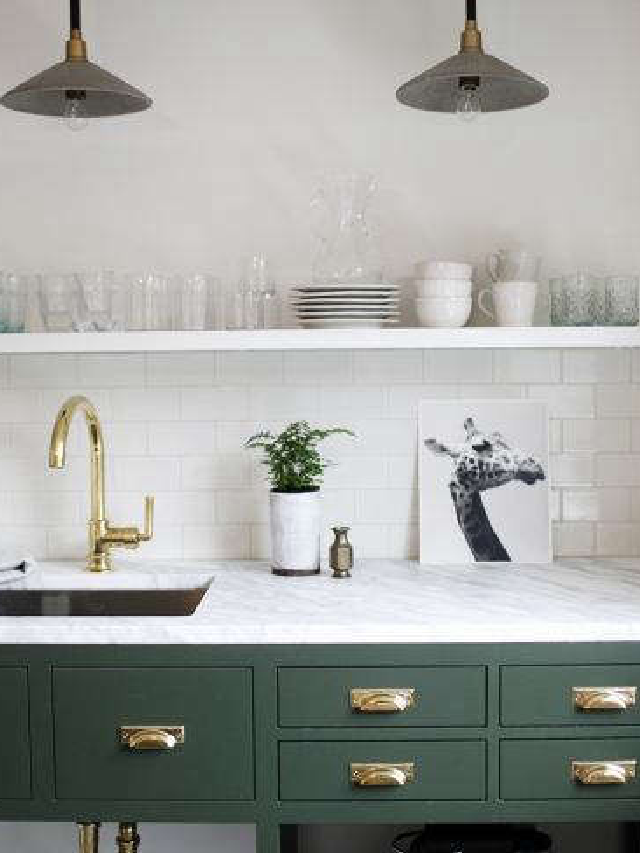
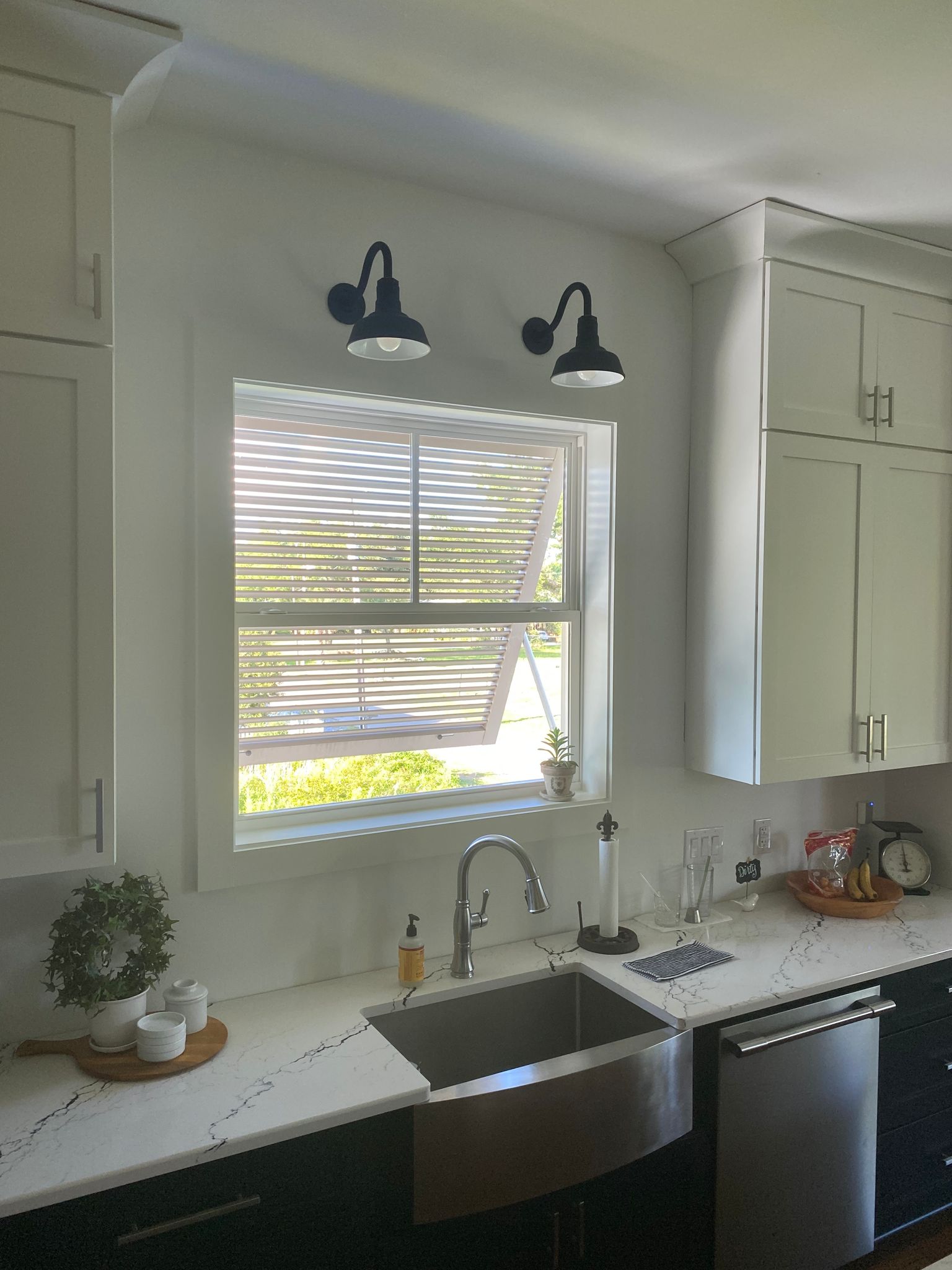

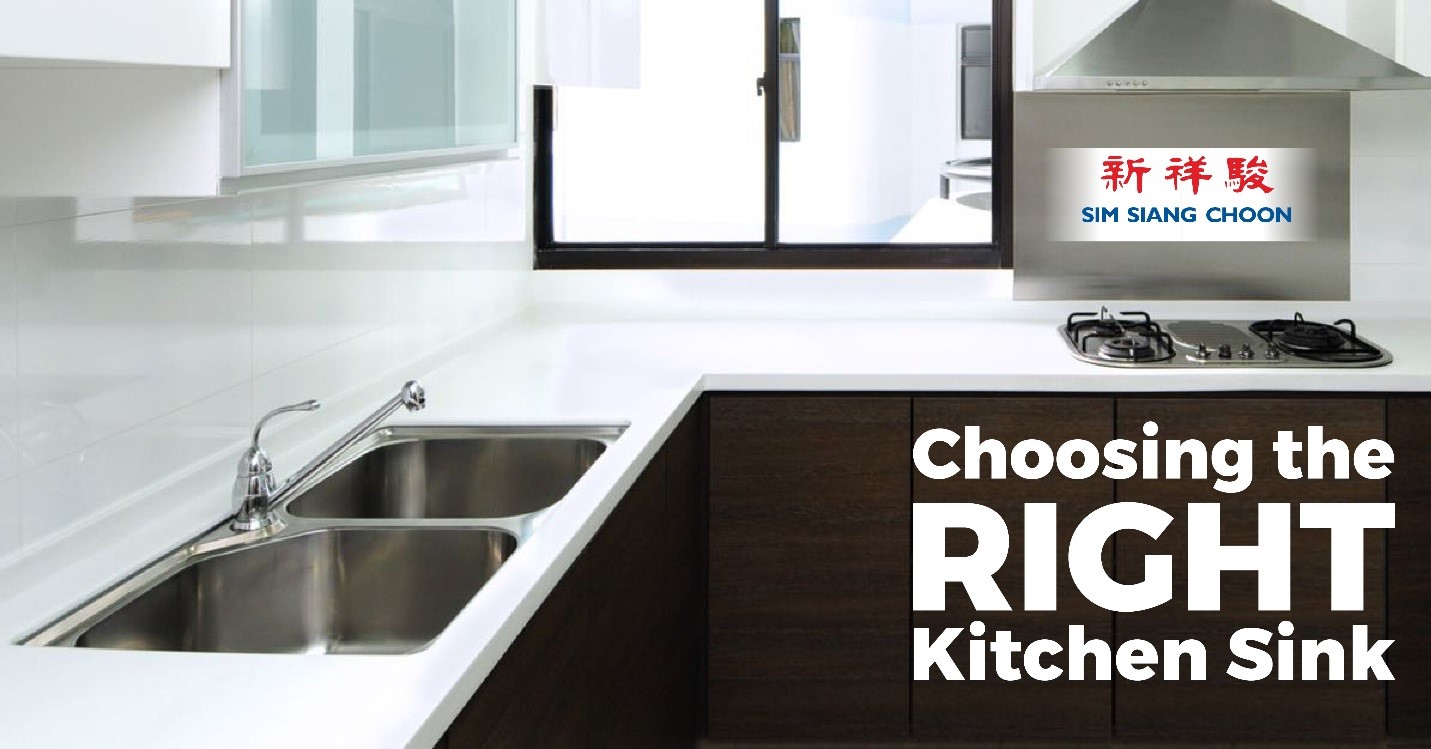


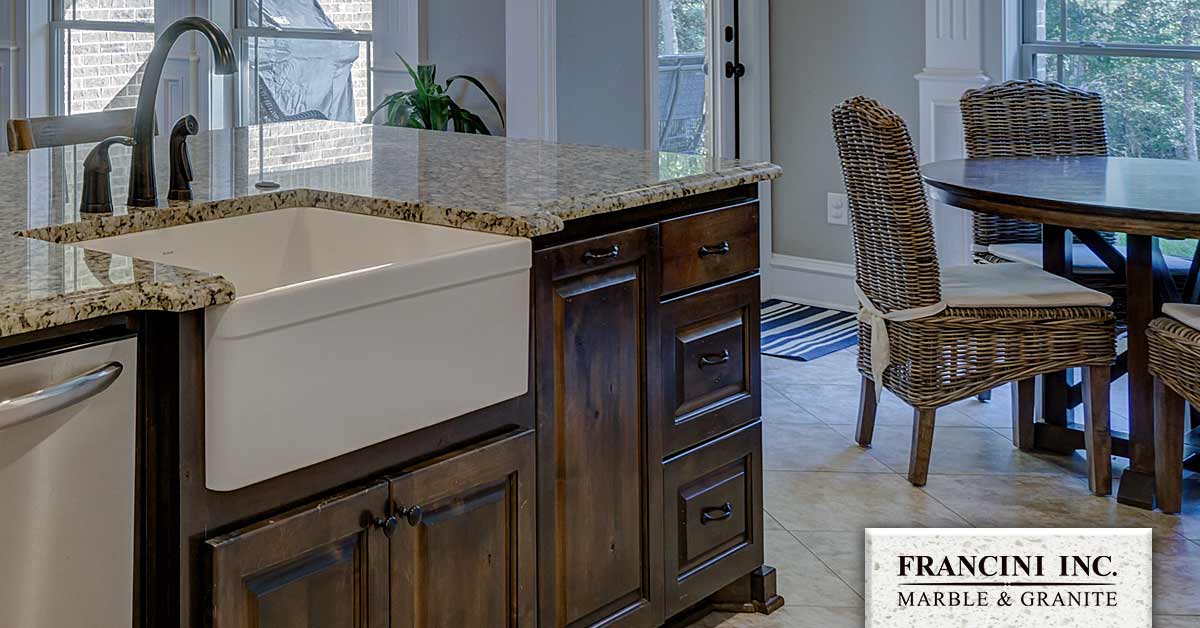



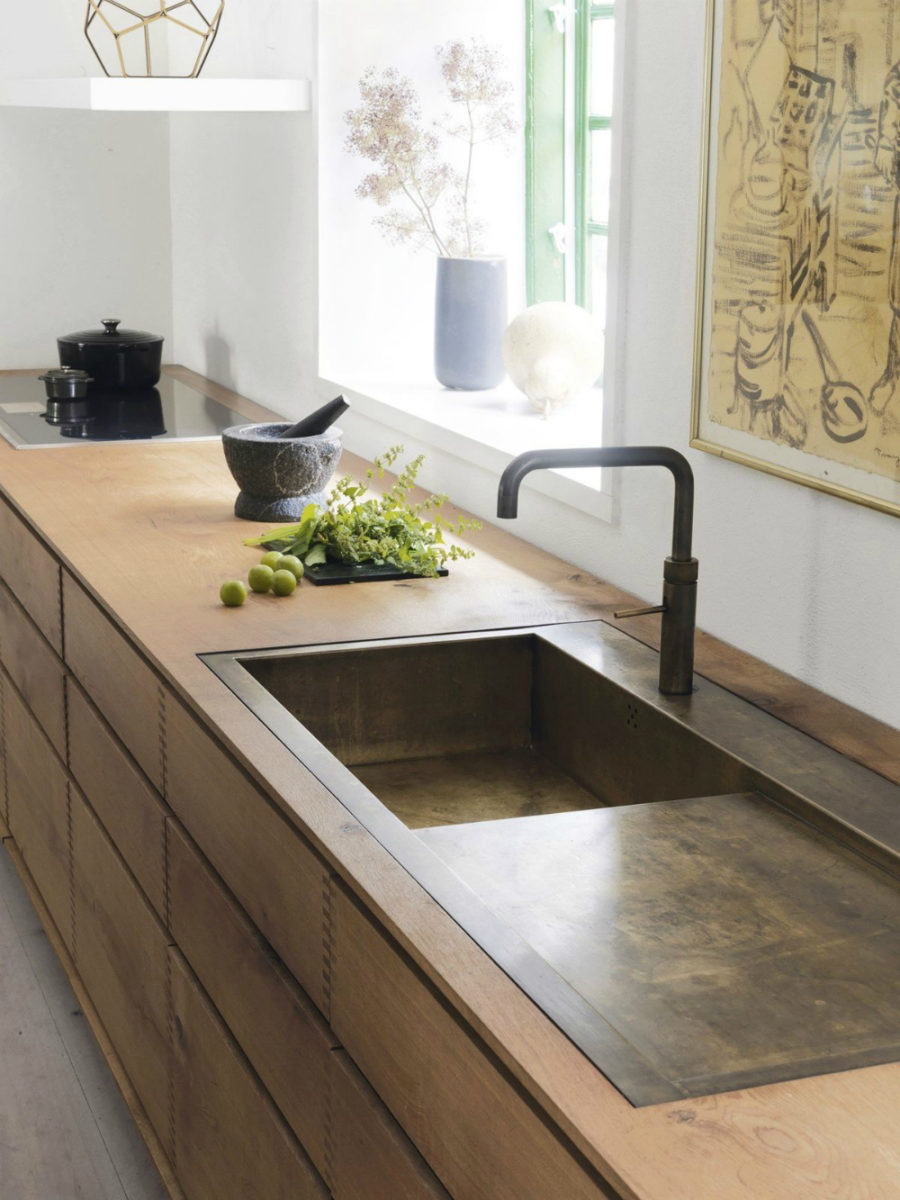
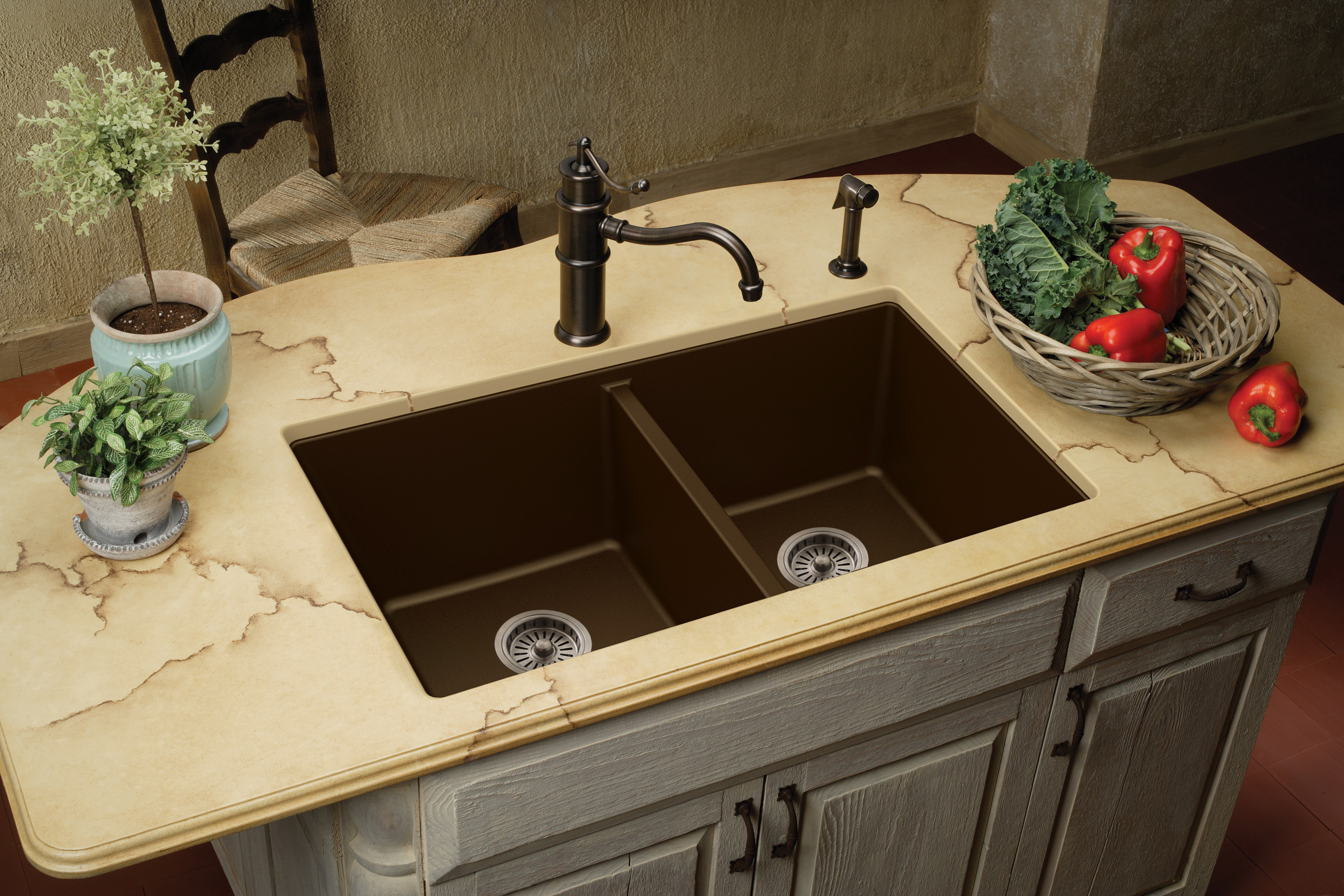
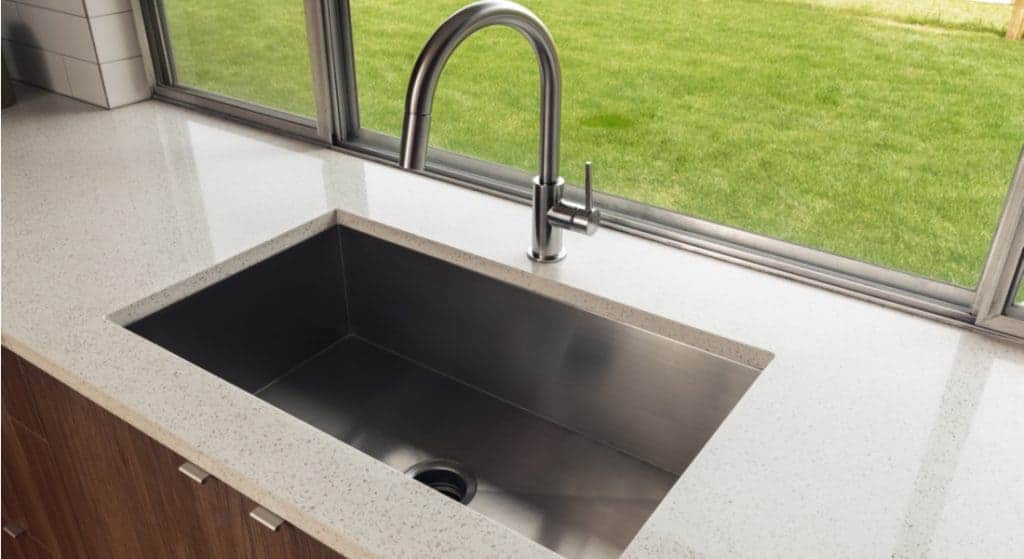
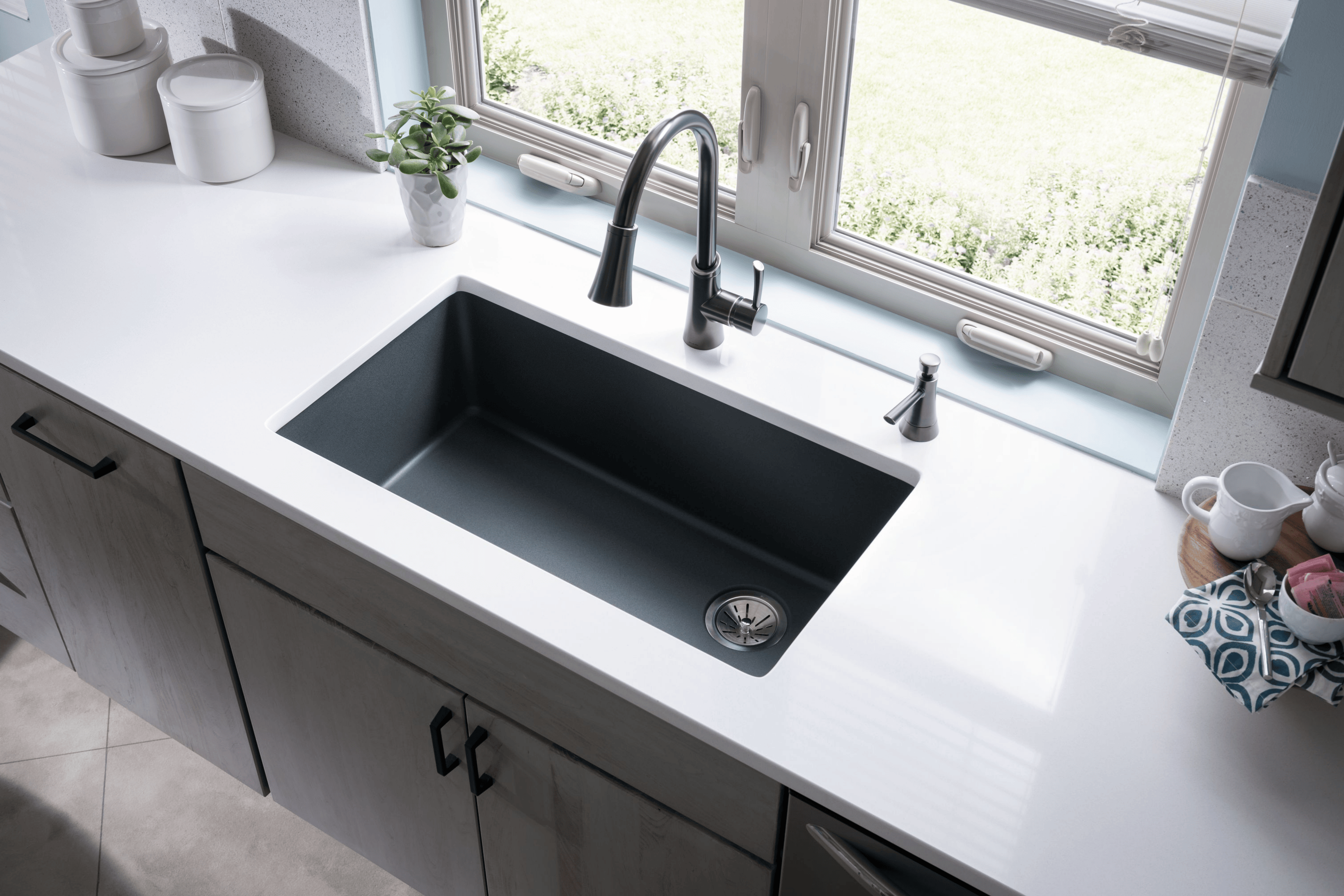
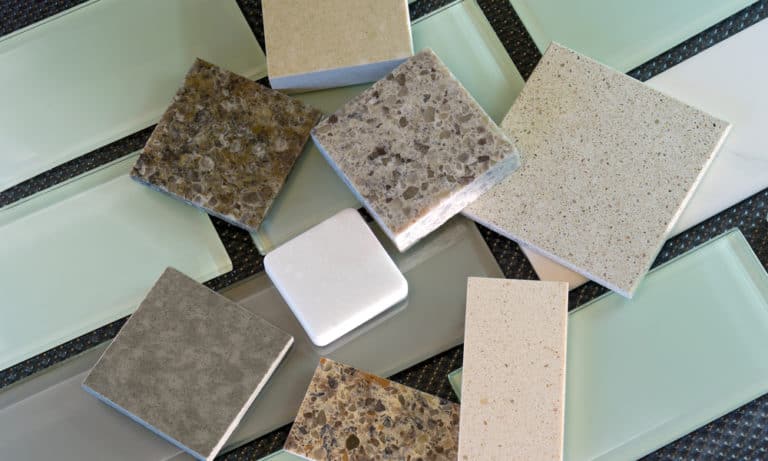

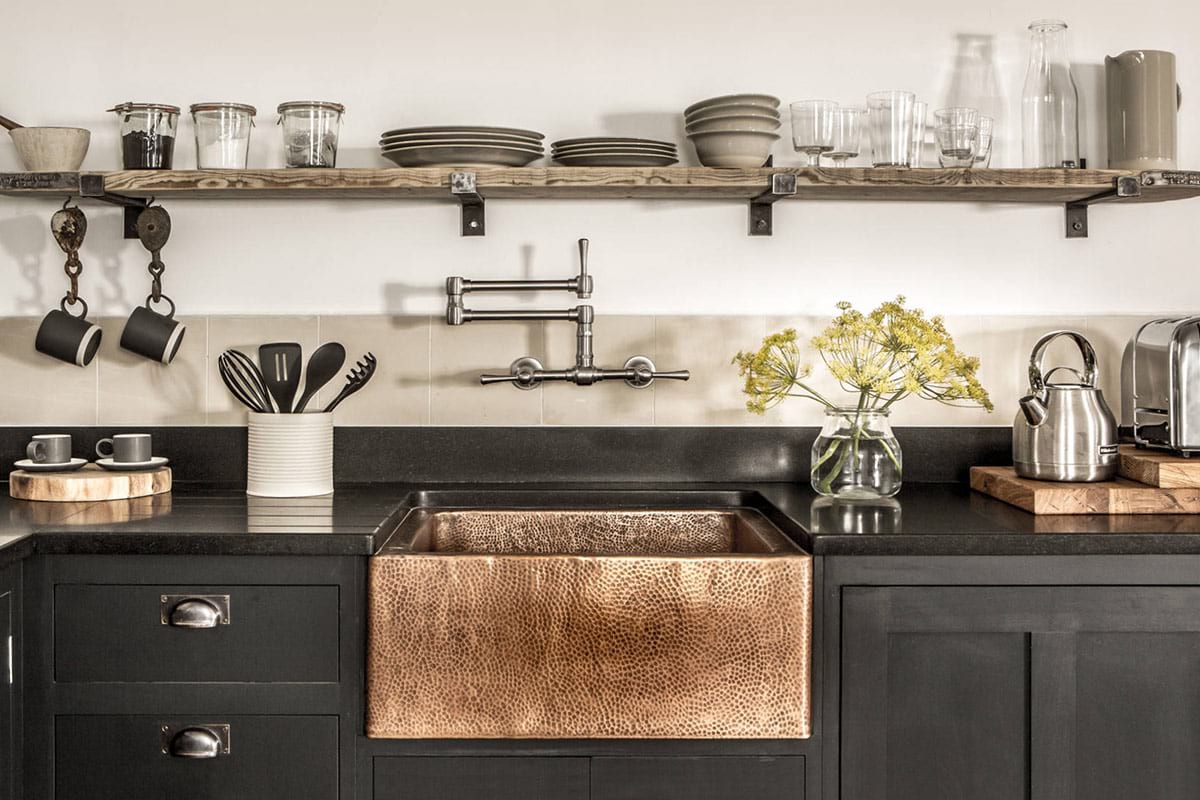





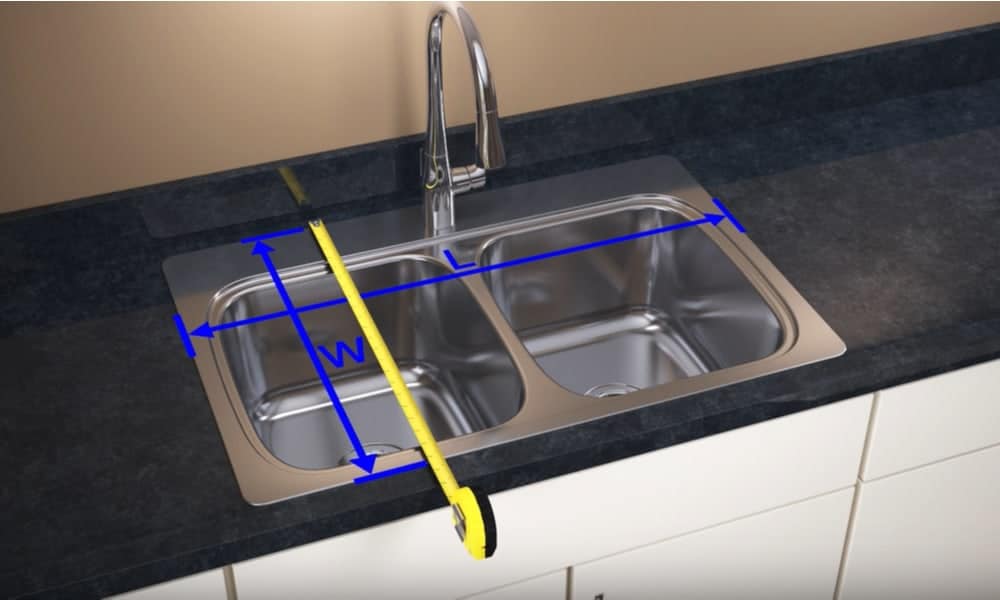




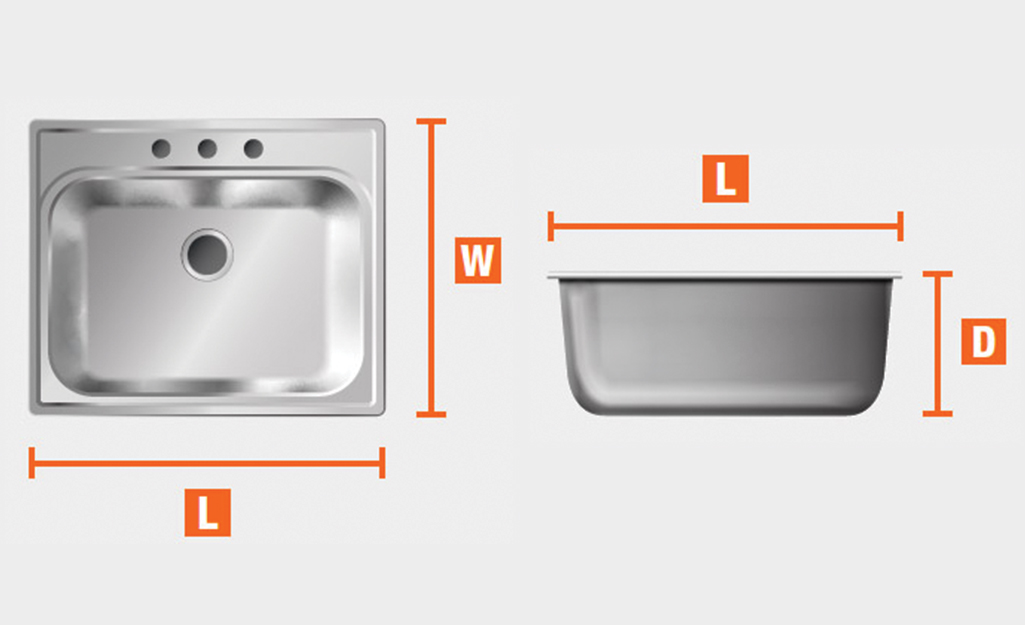

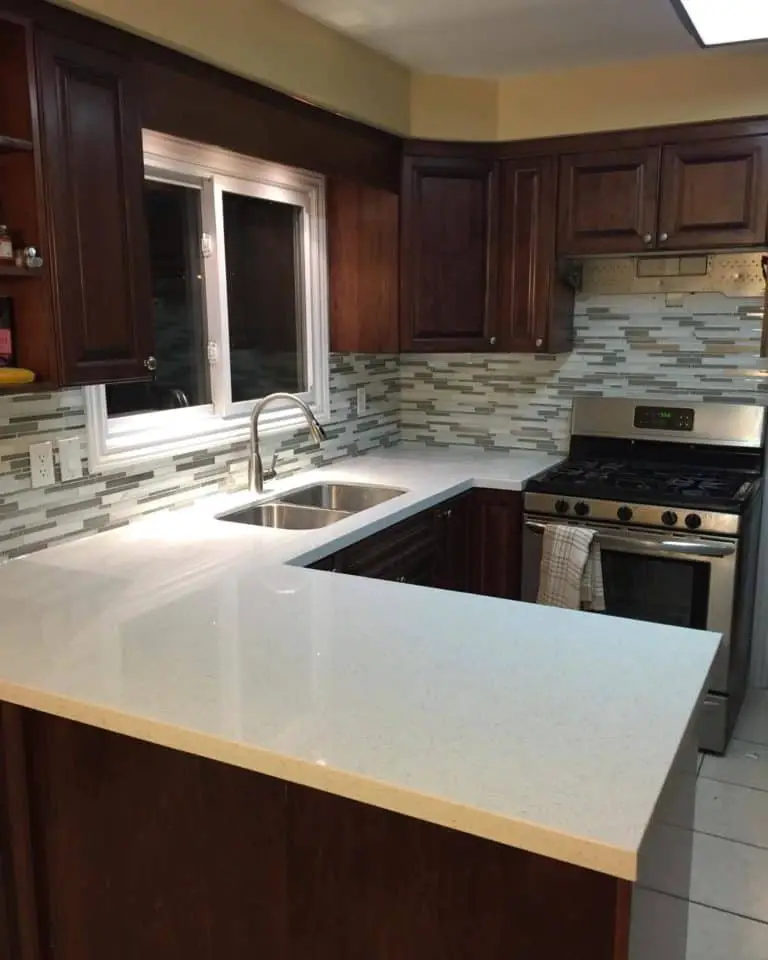
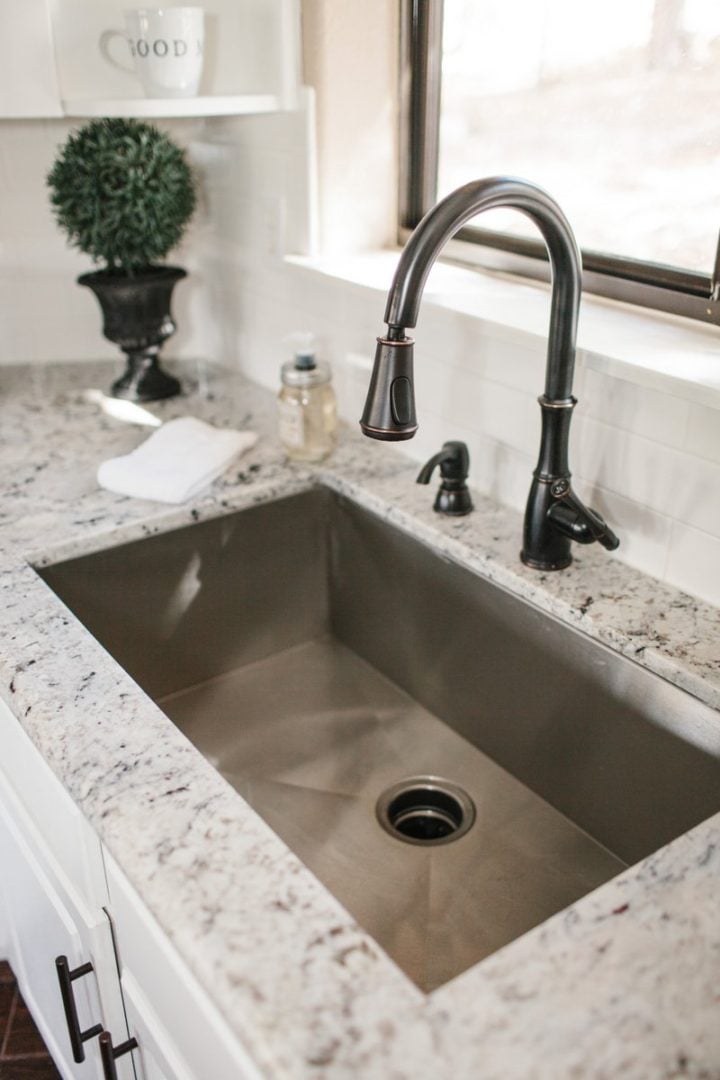
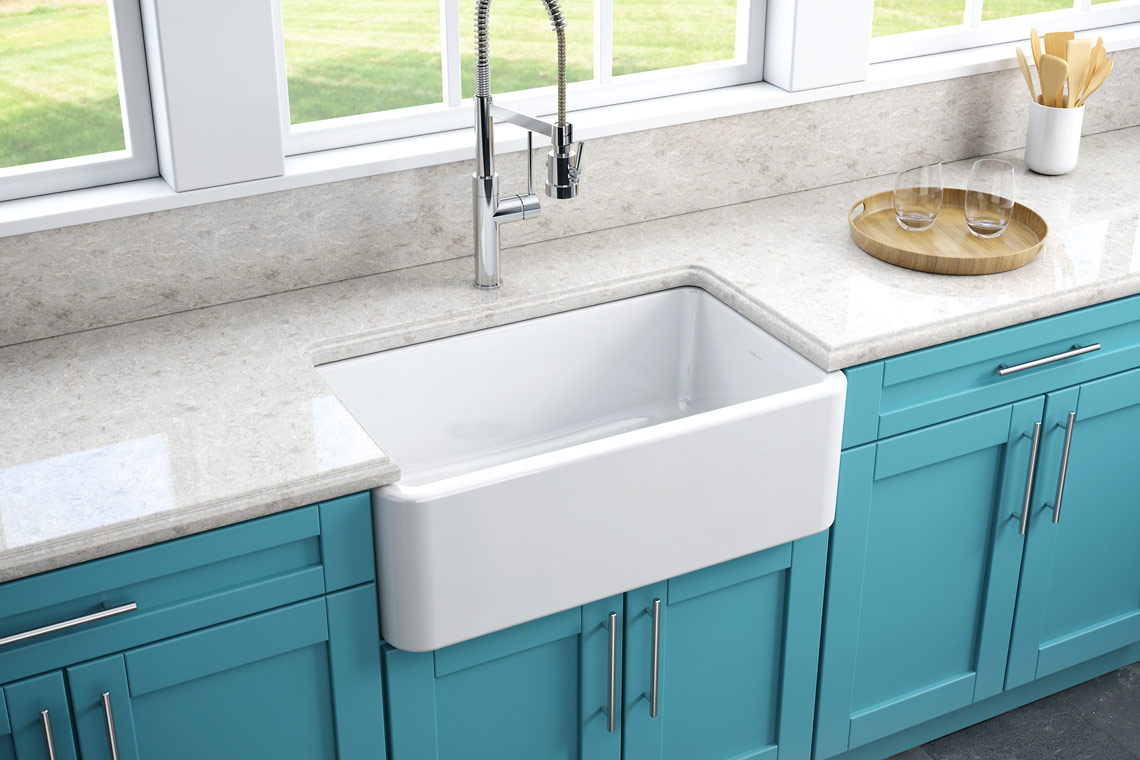




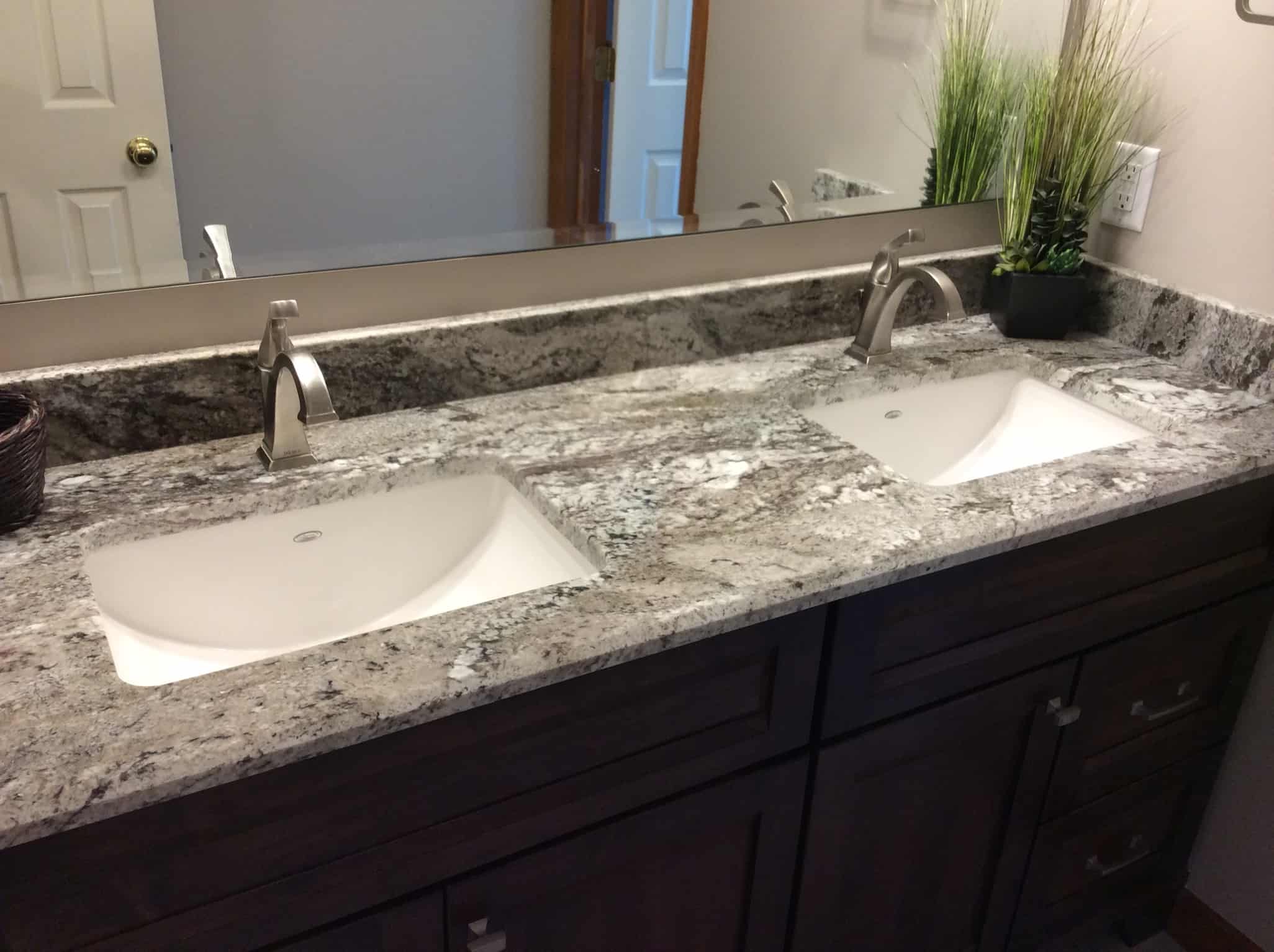

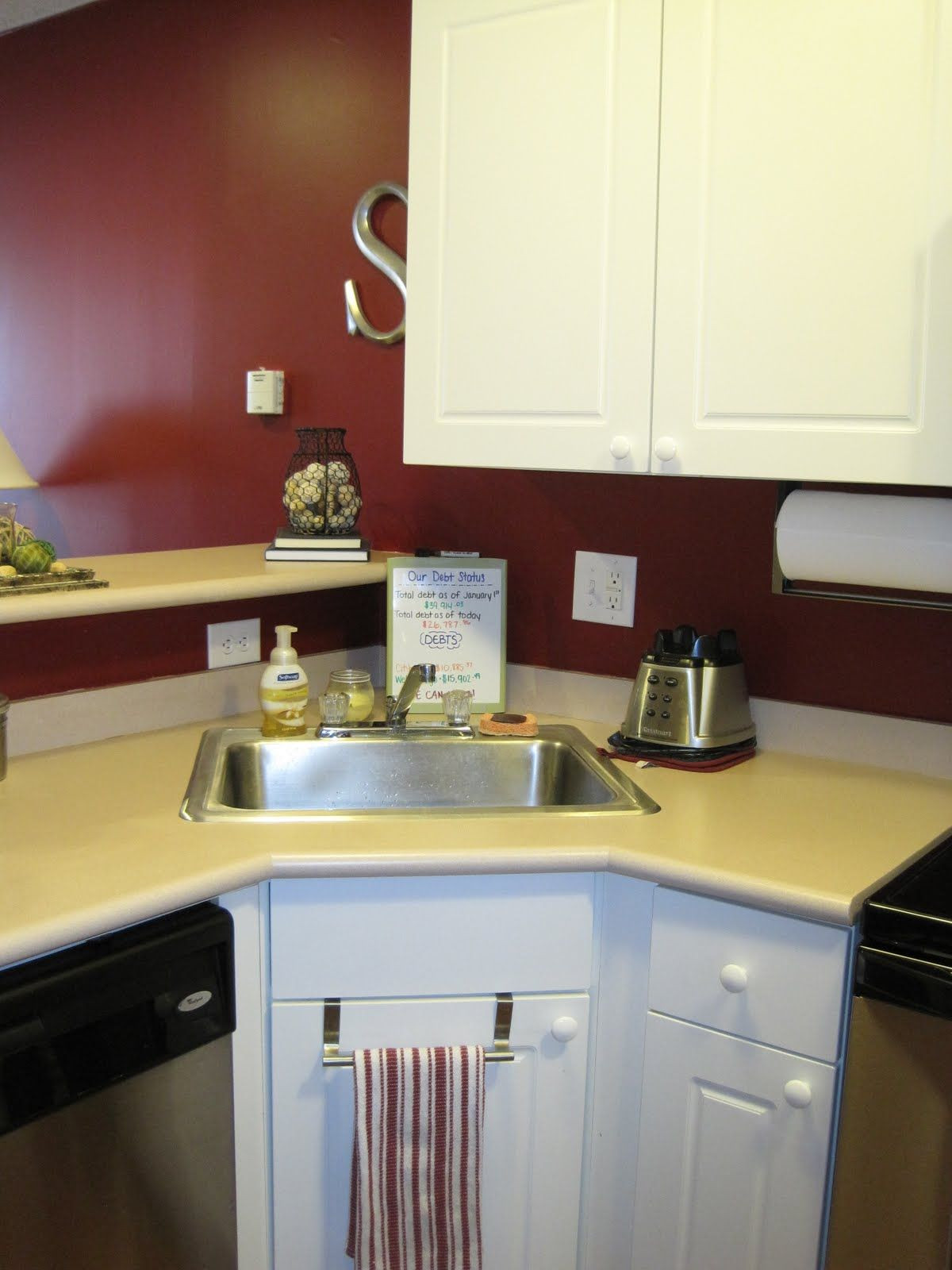
/the_house_acc2-0574751f8135492797162311d98c9d27.png)
